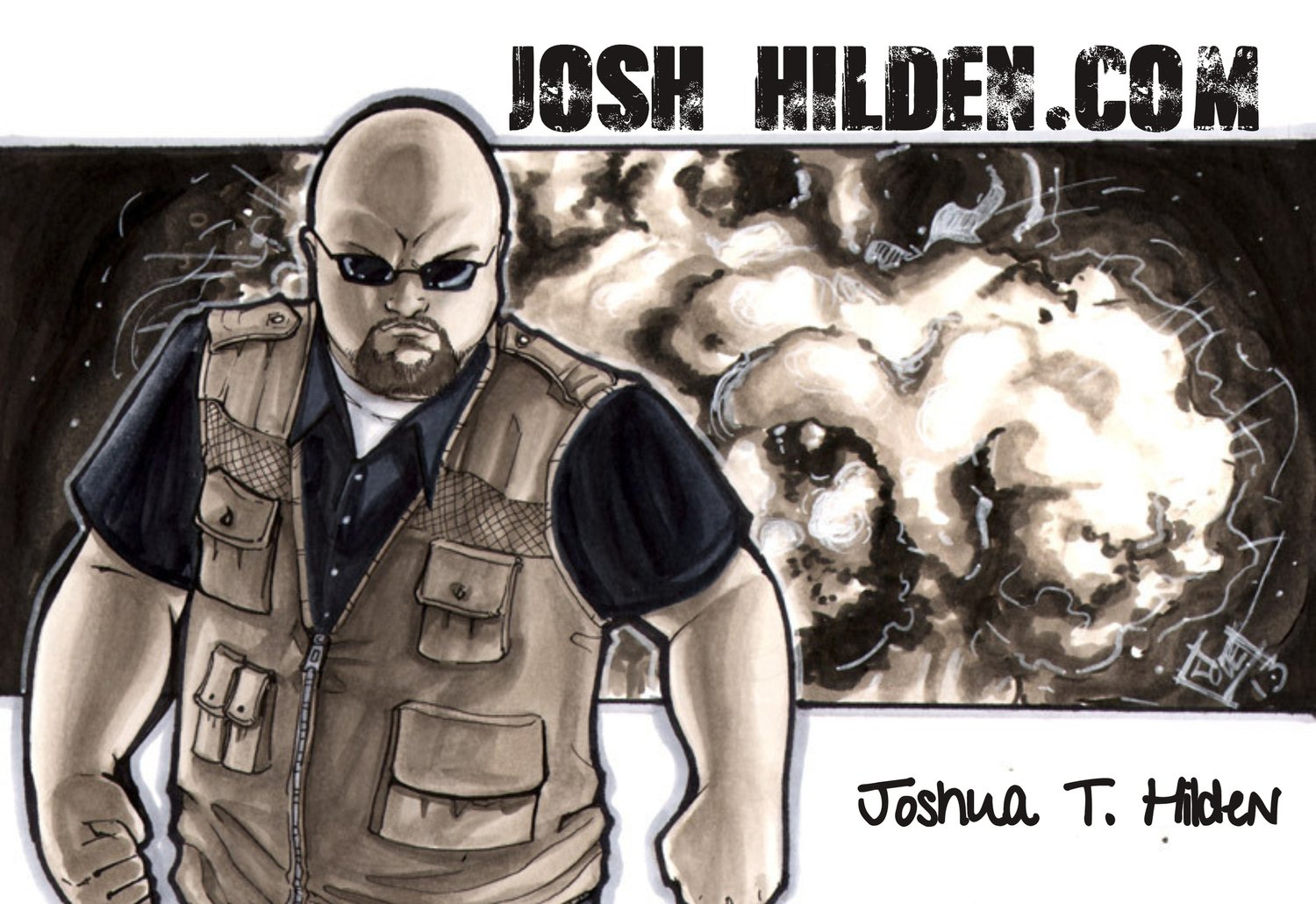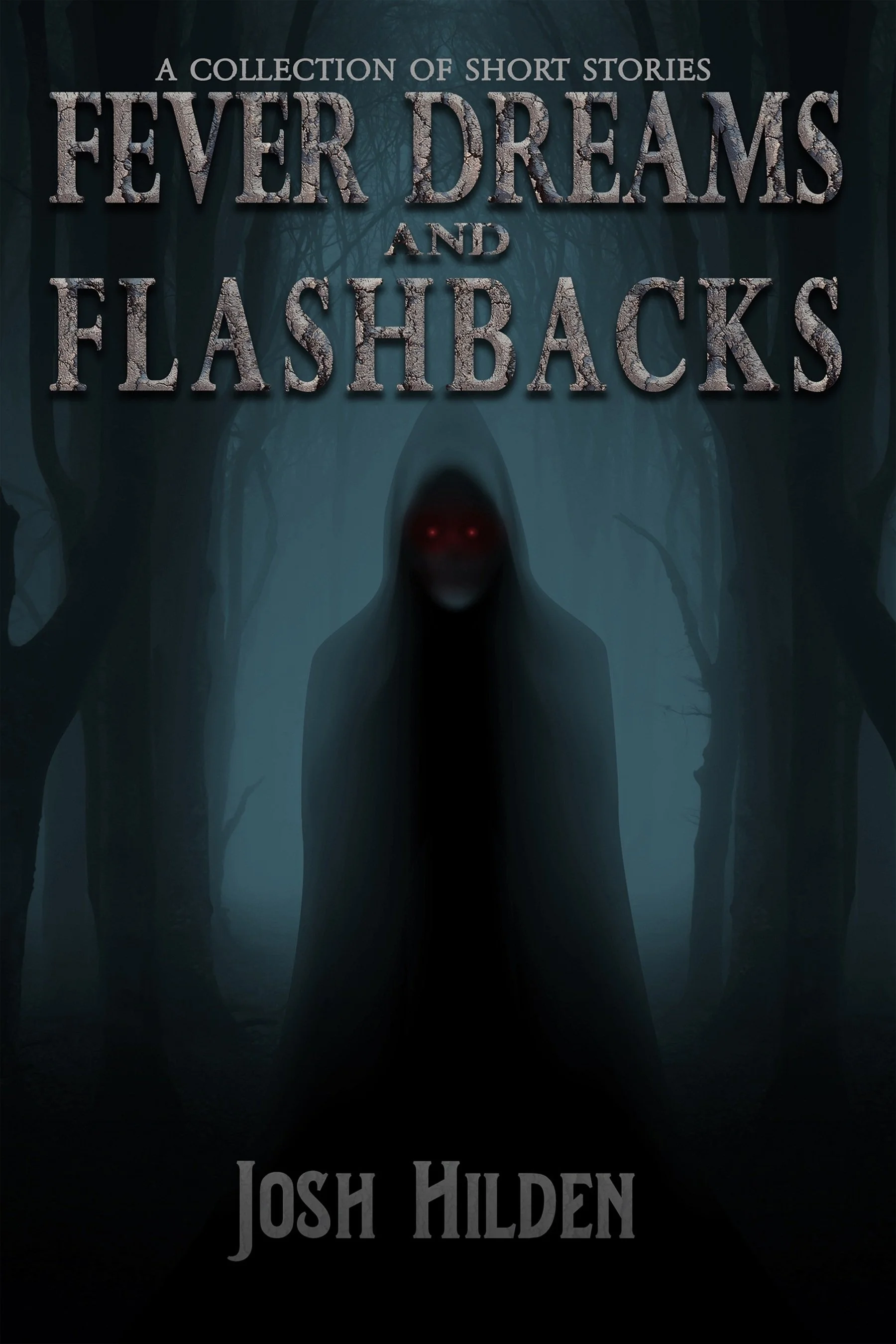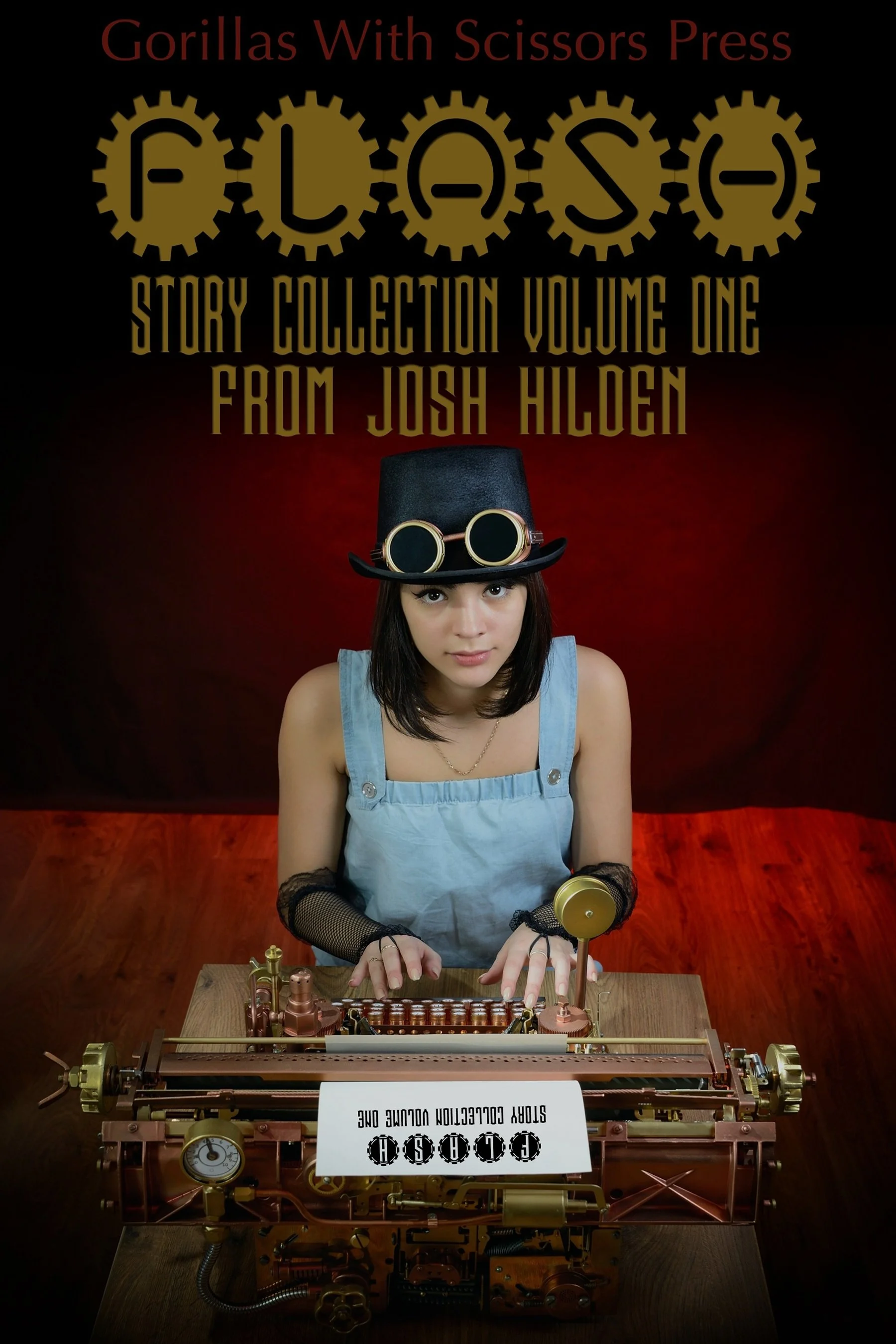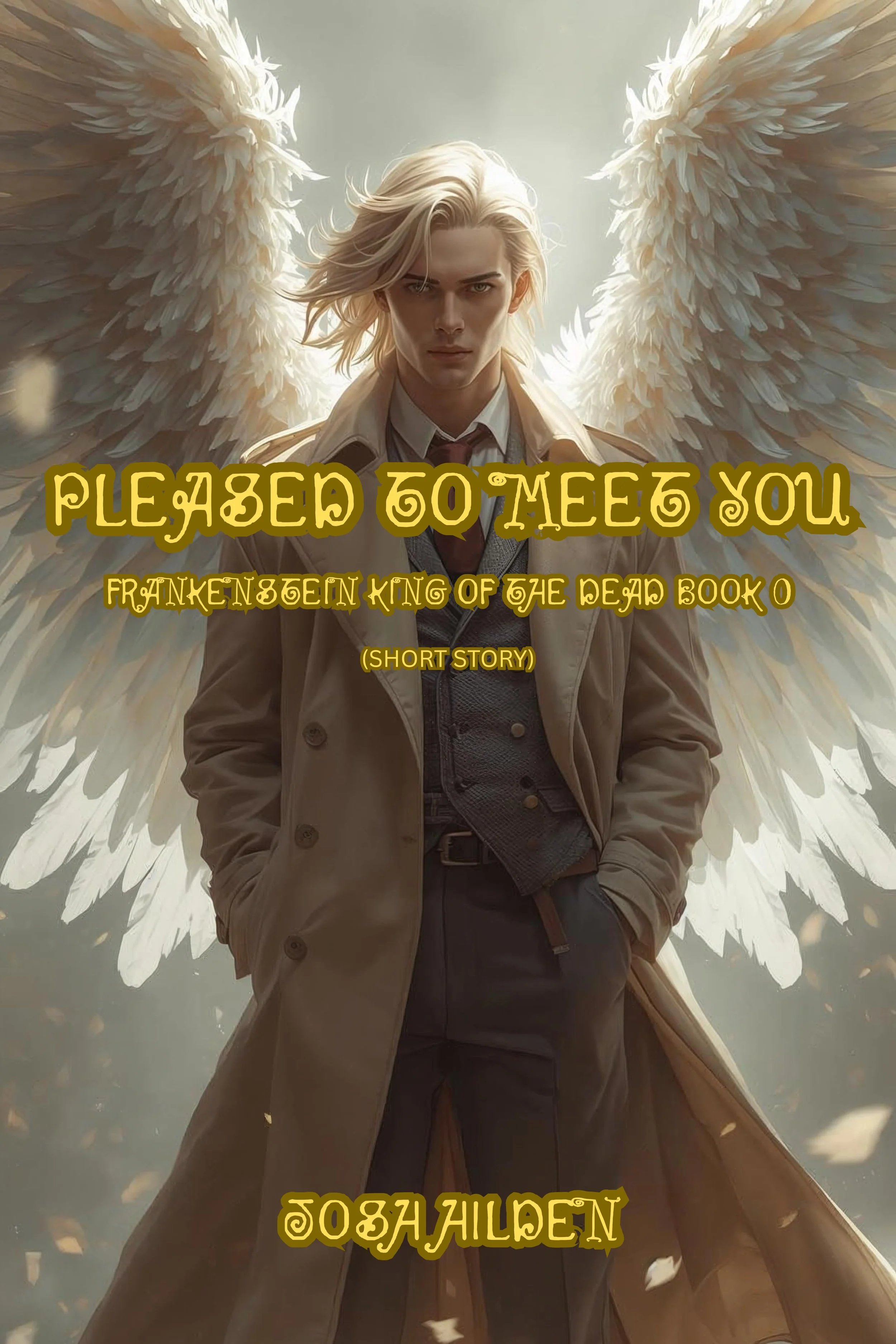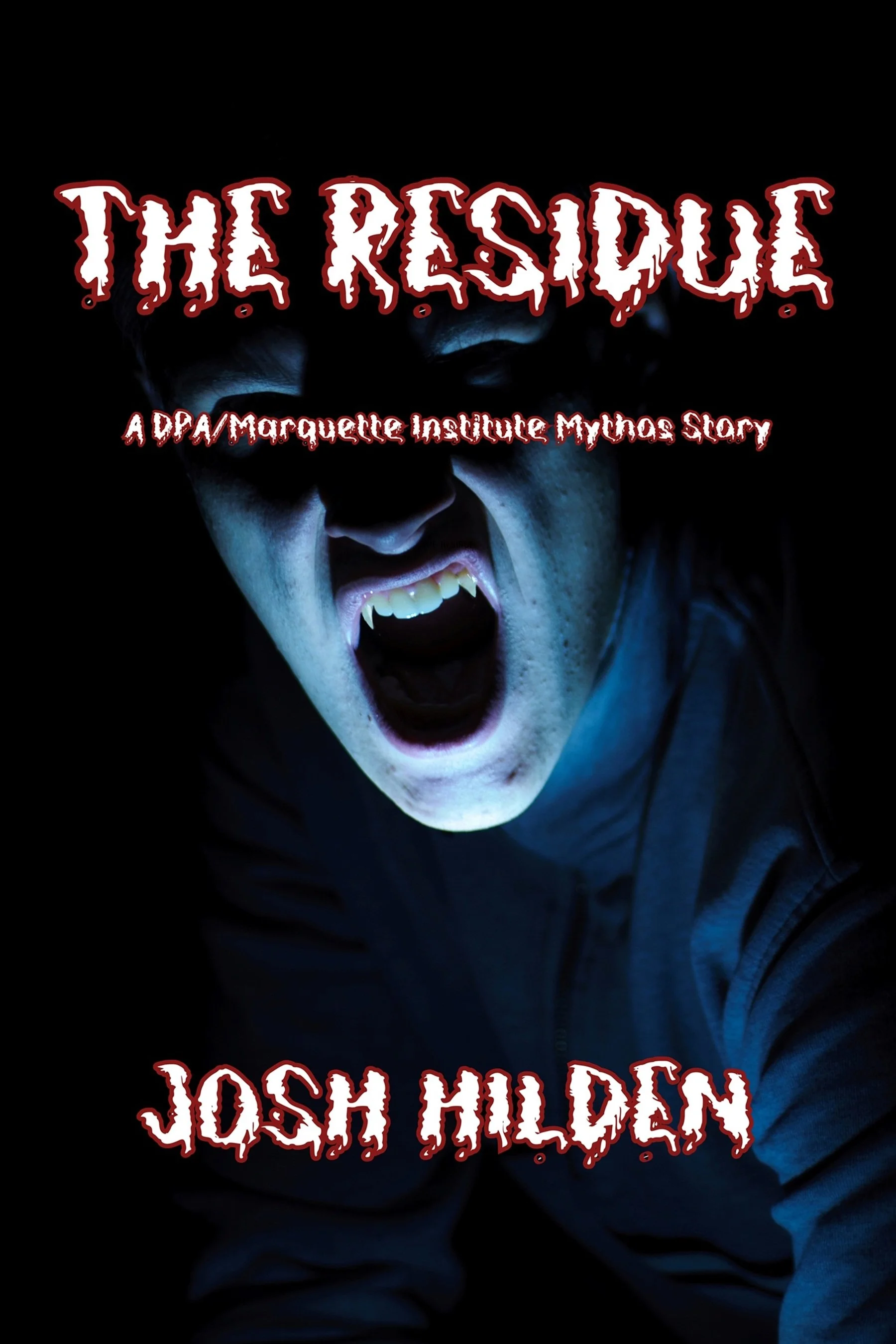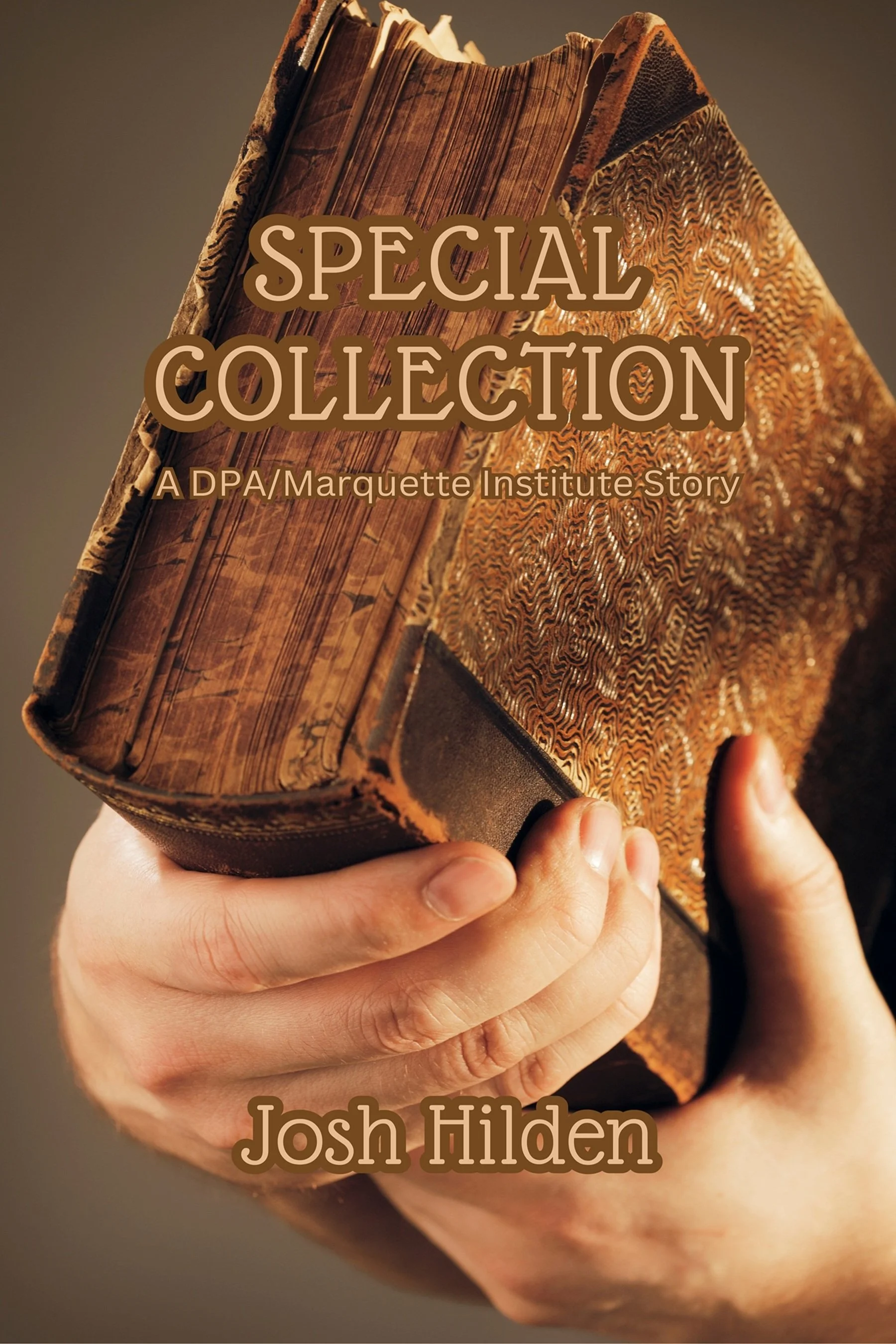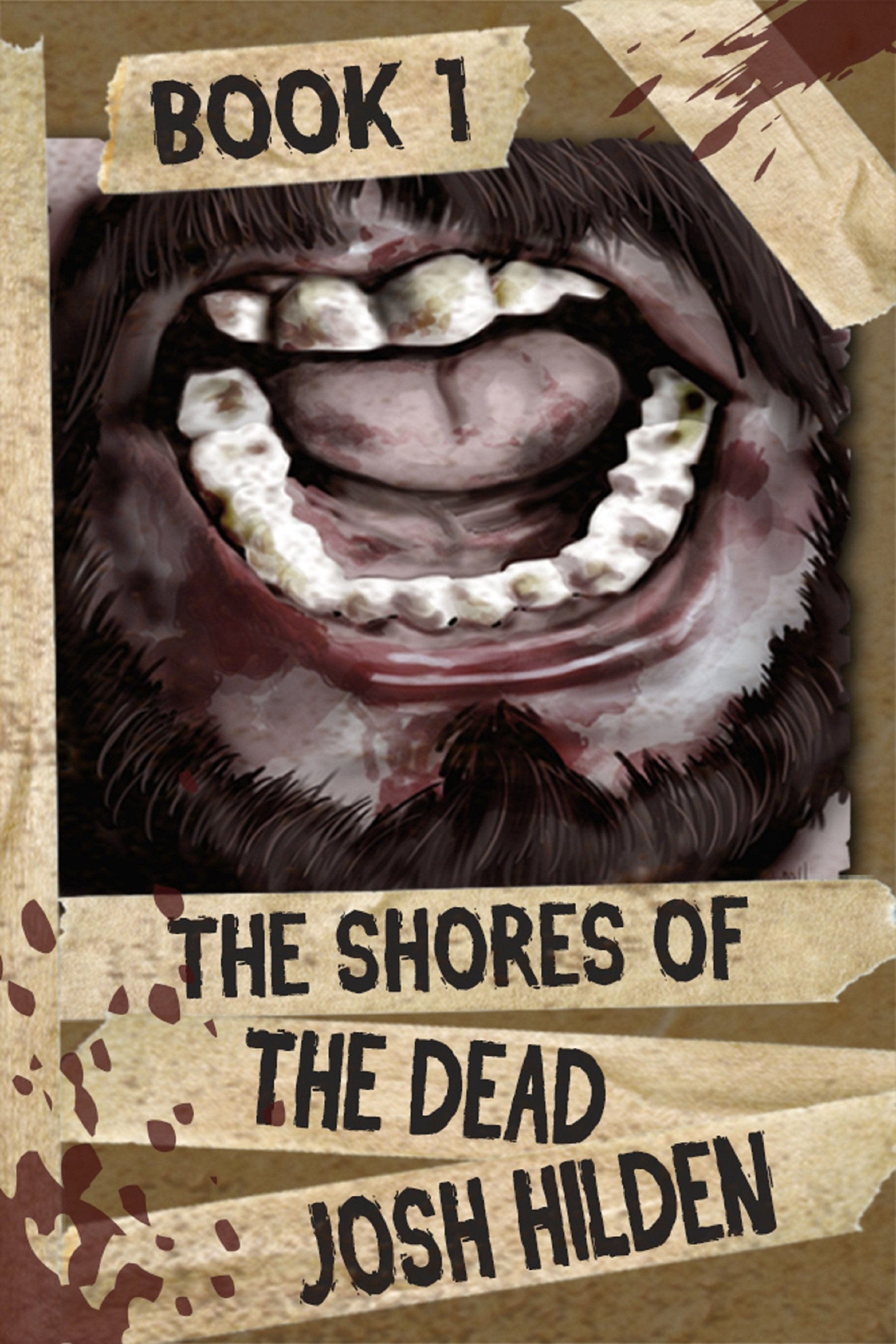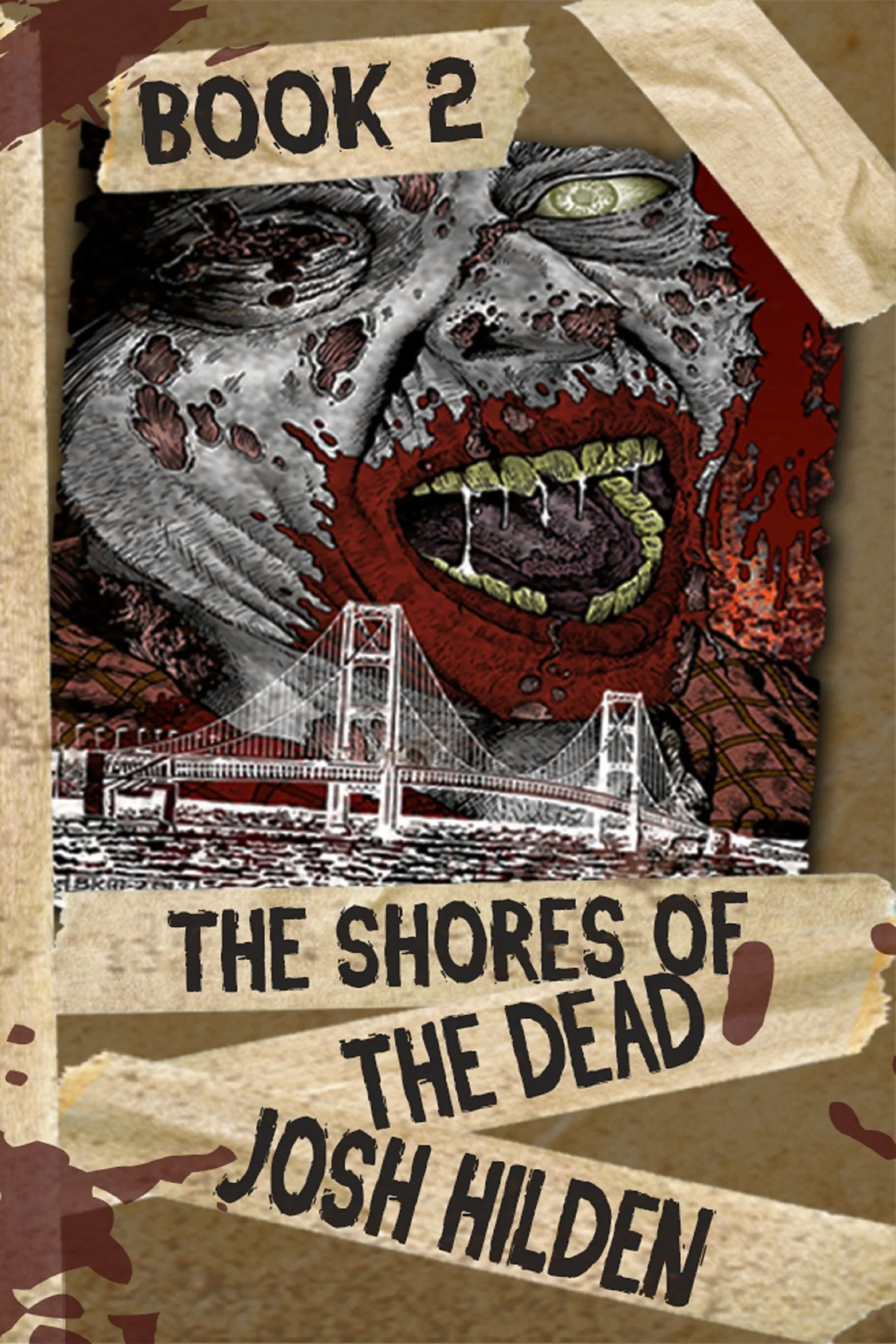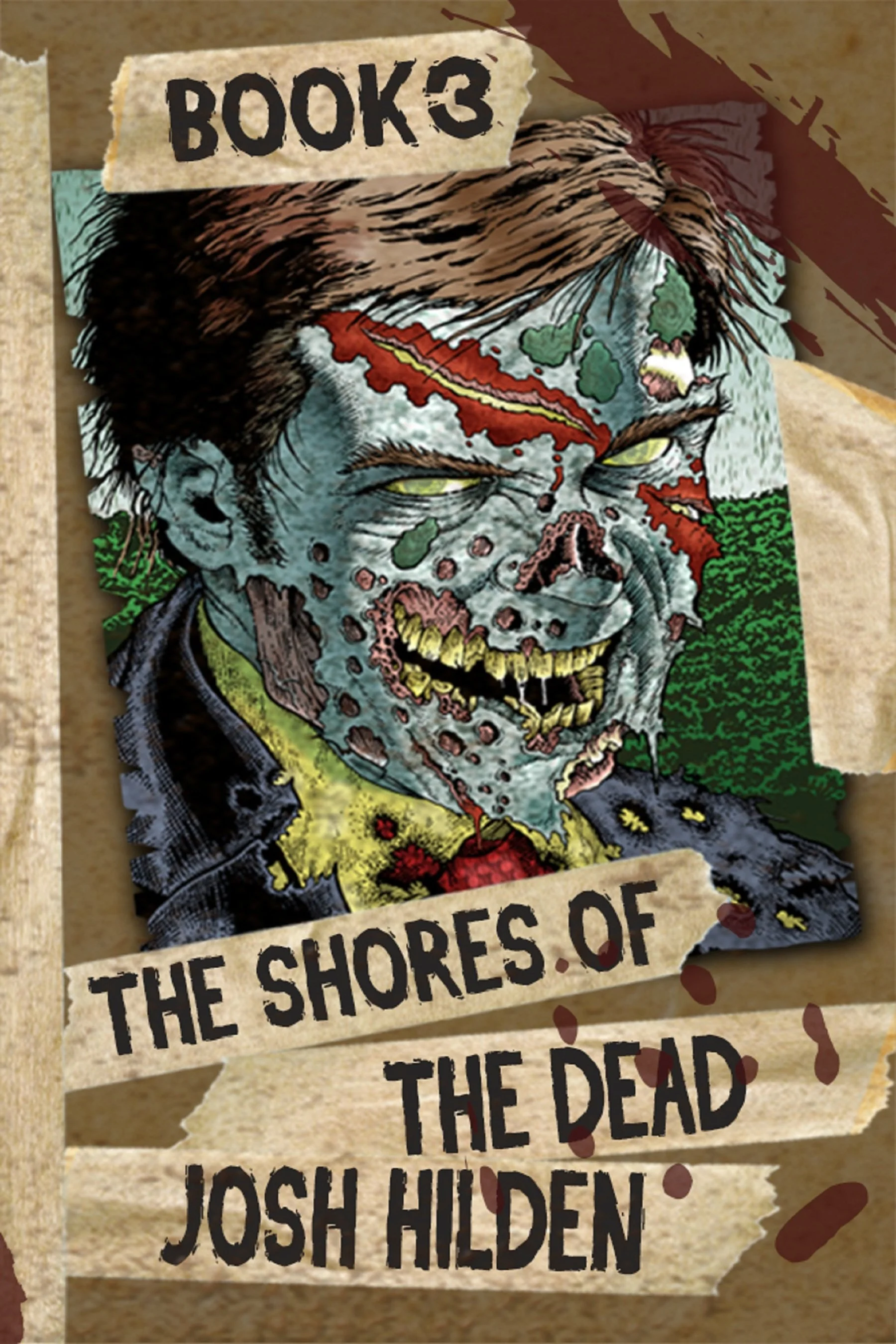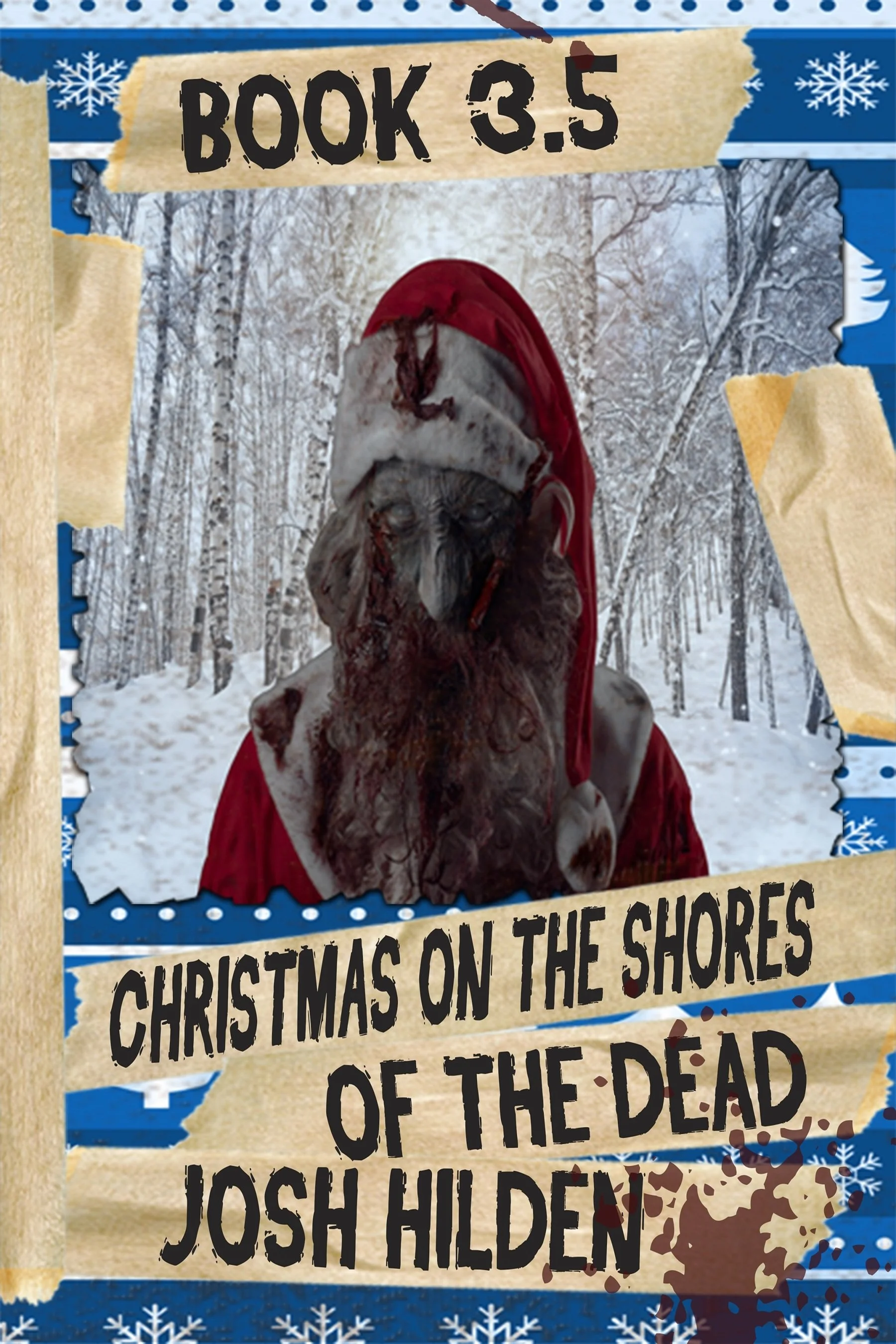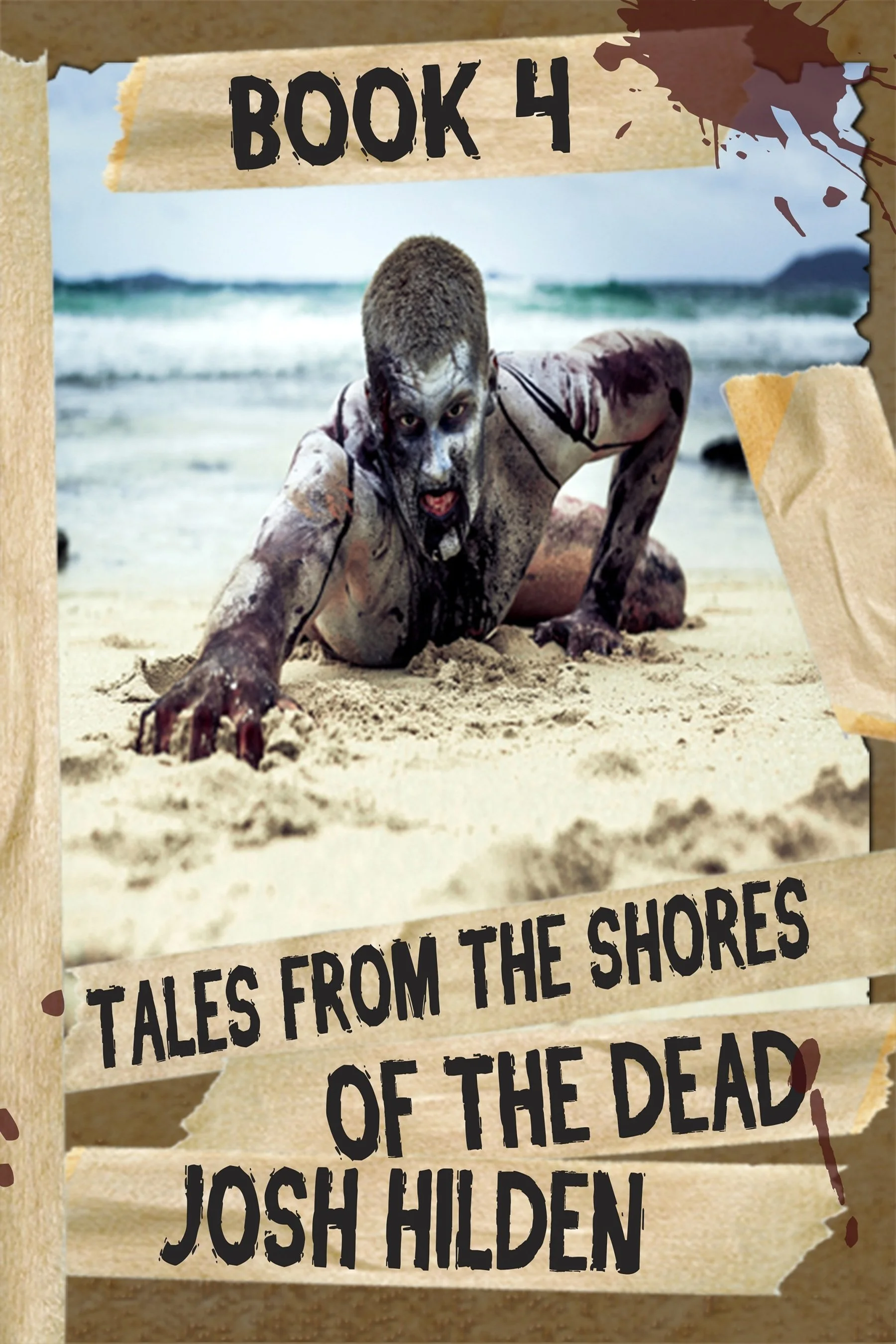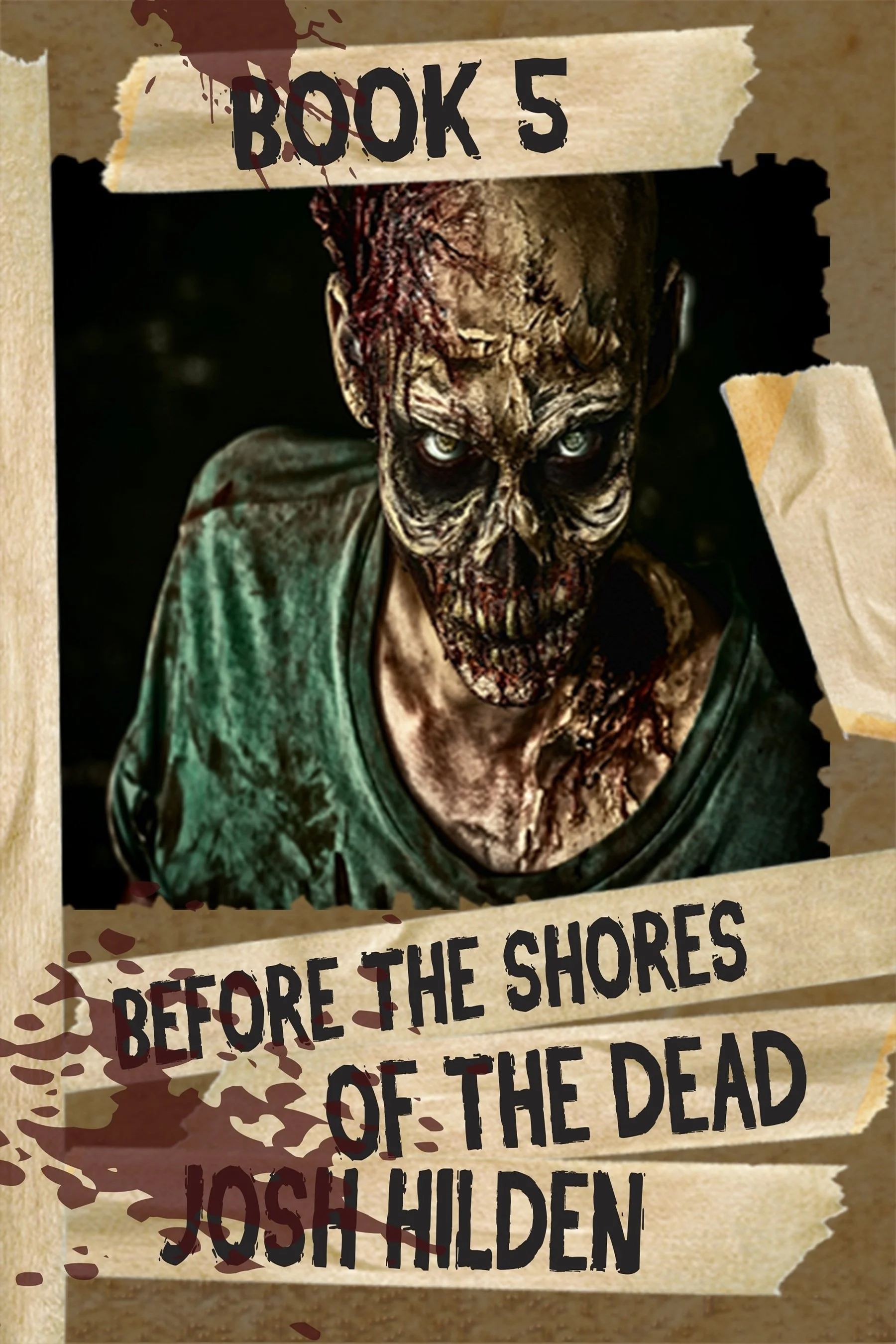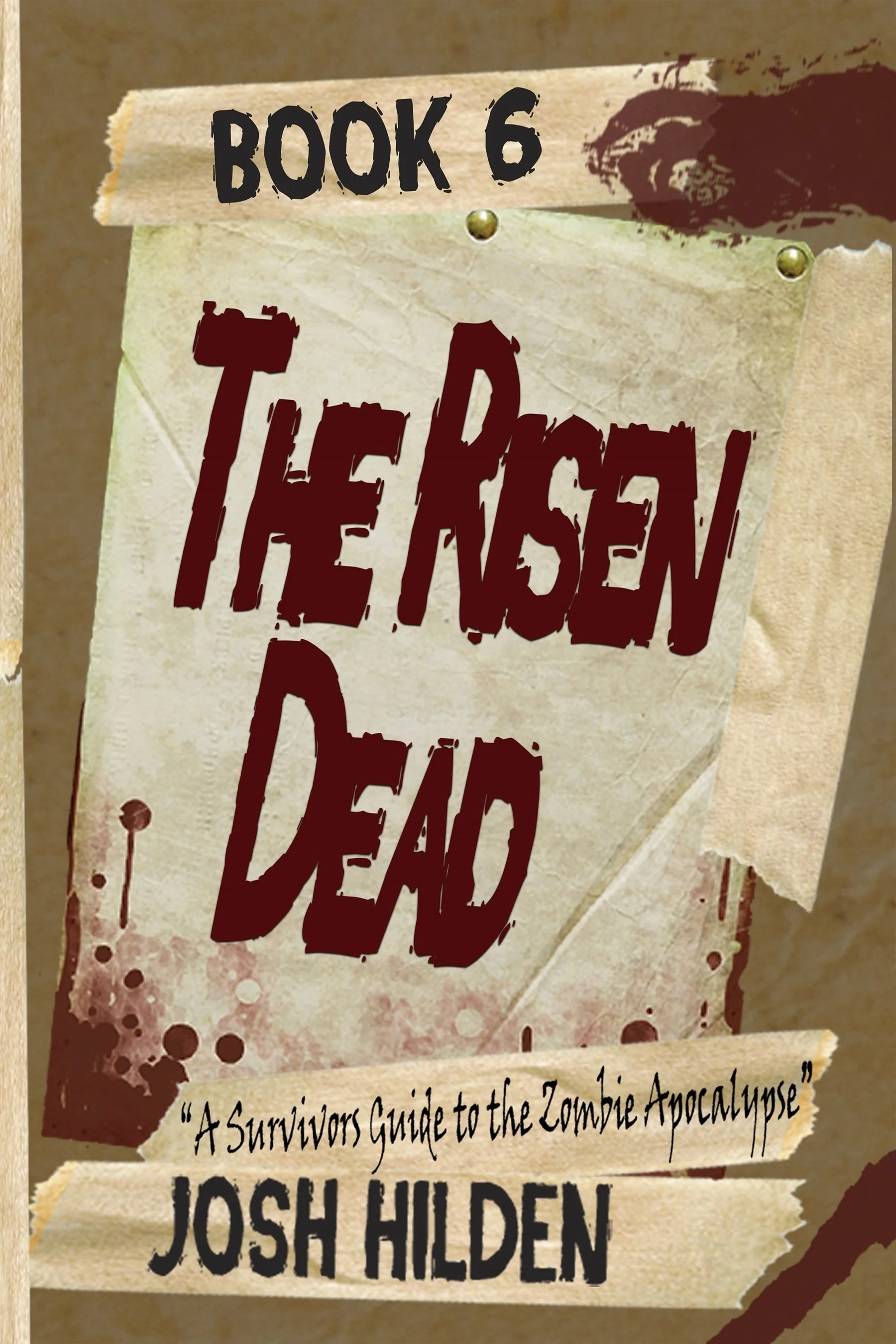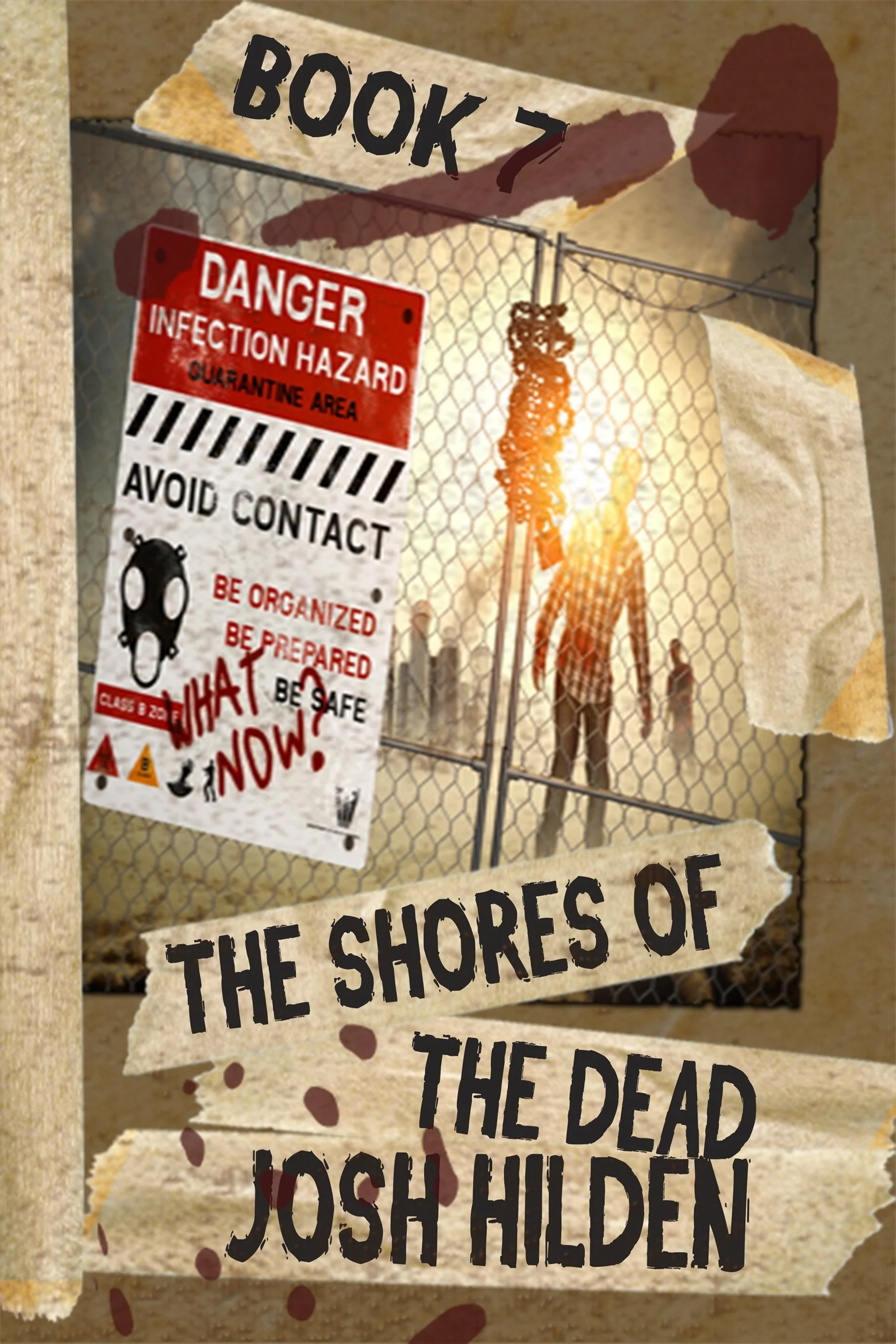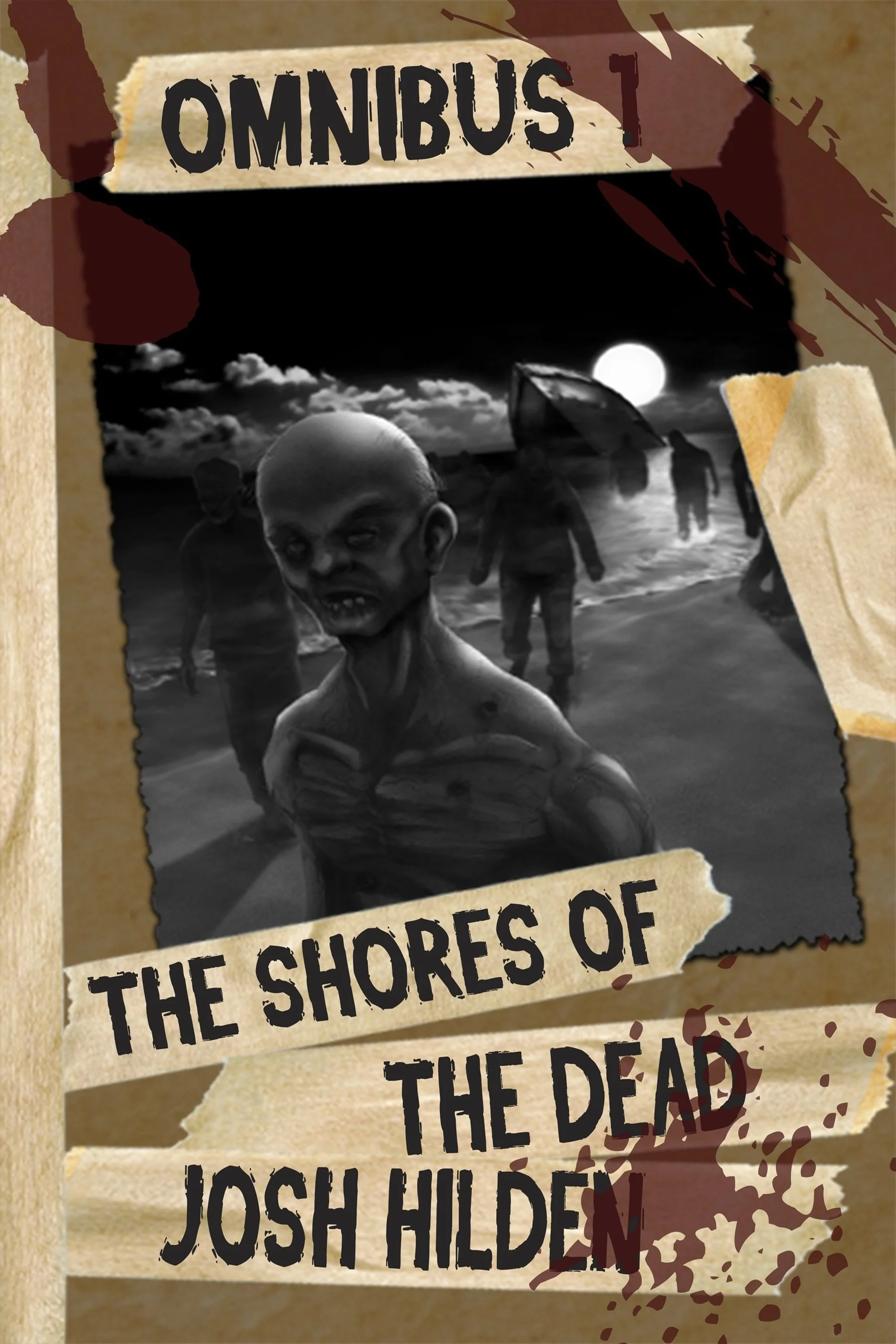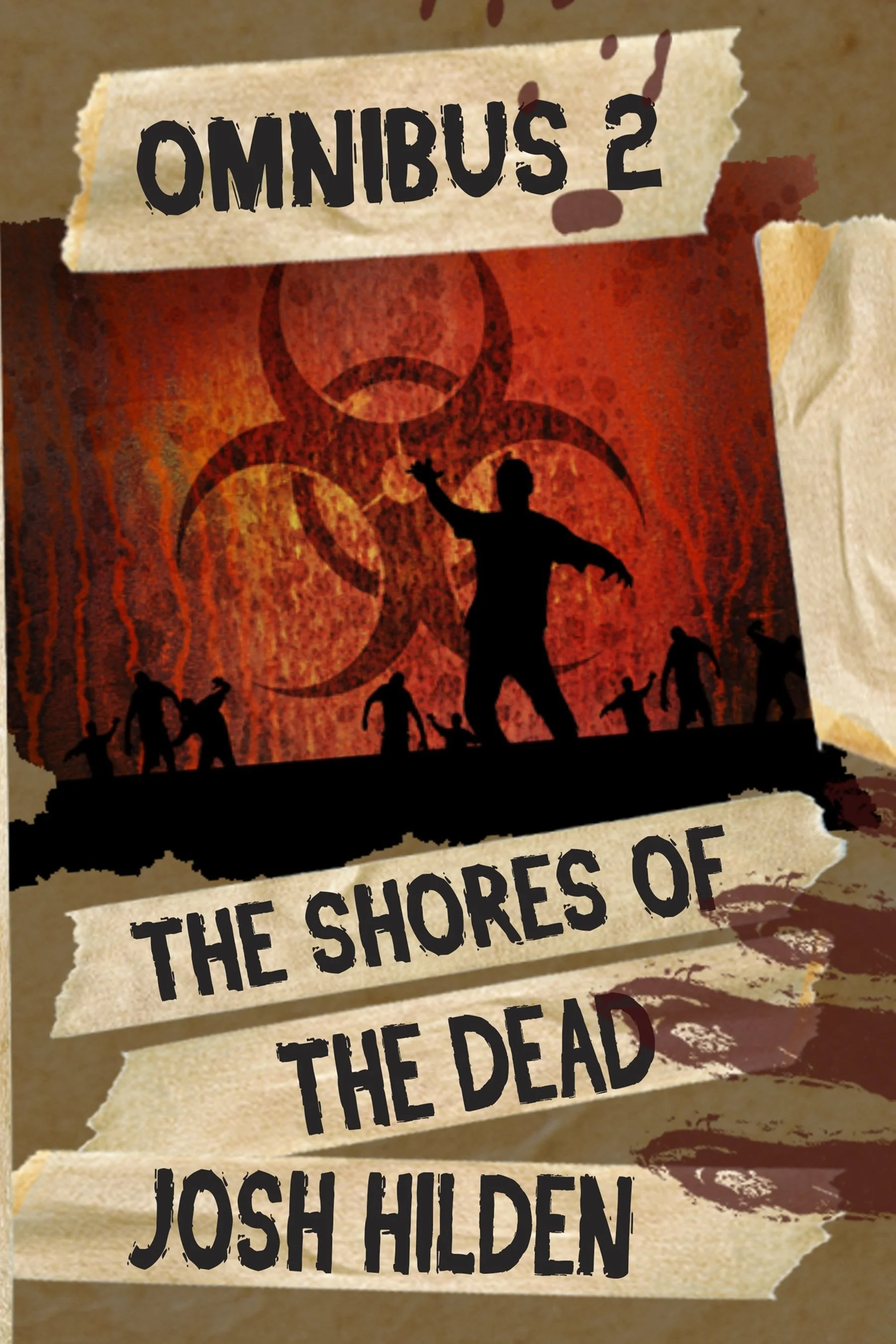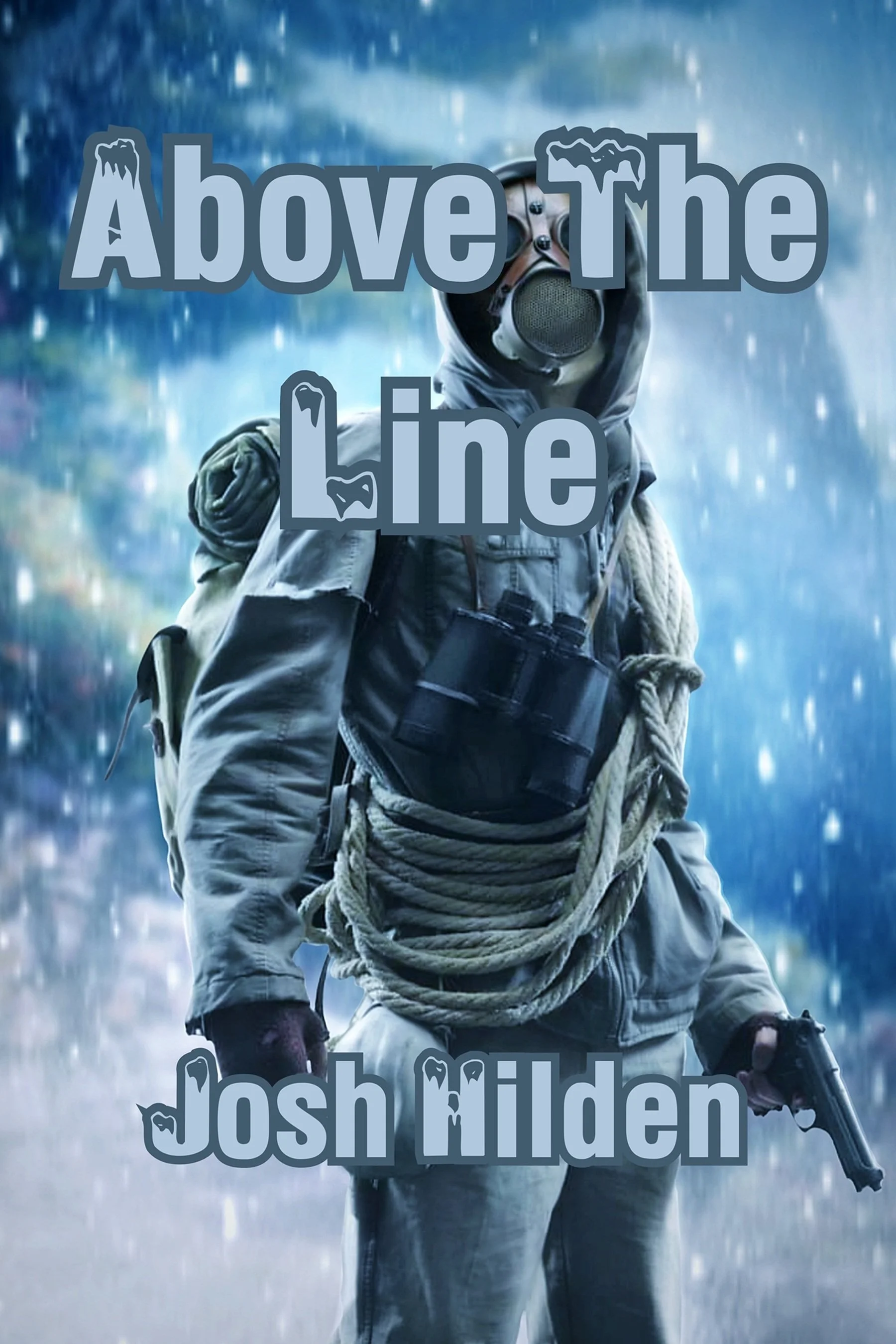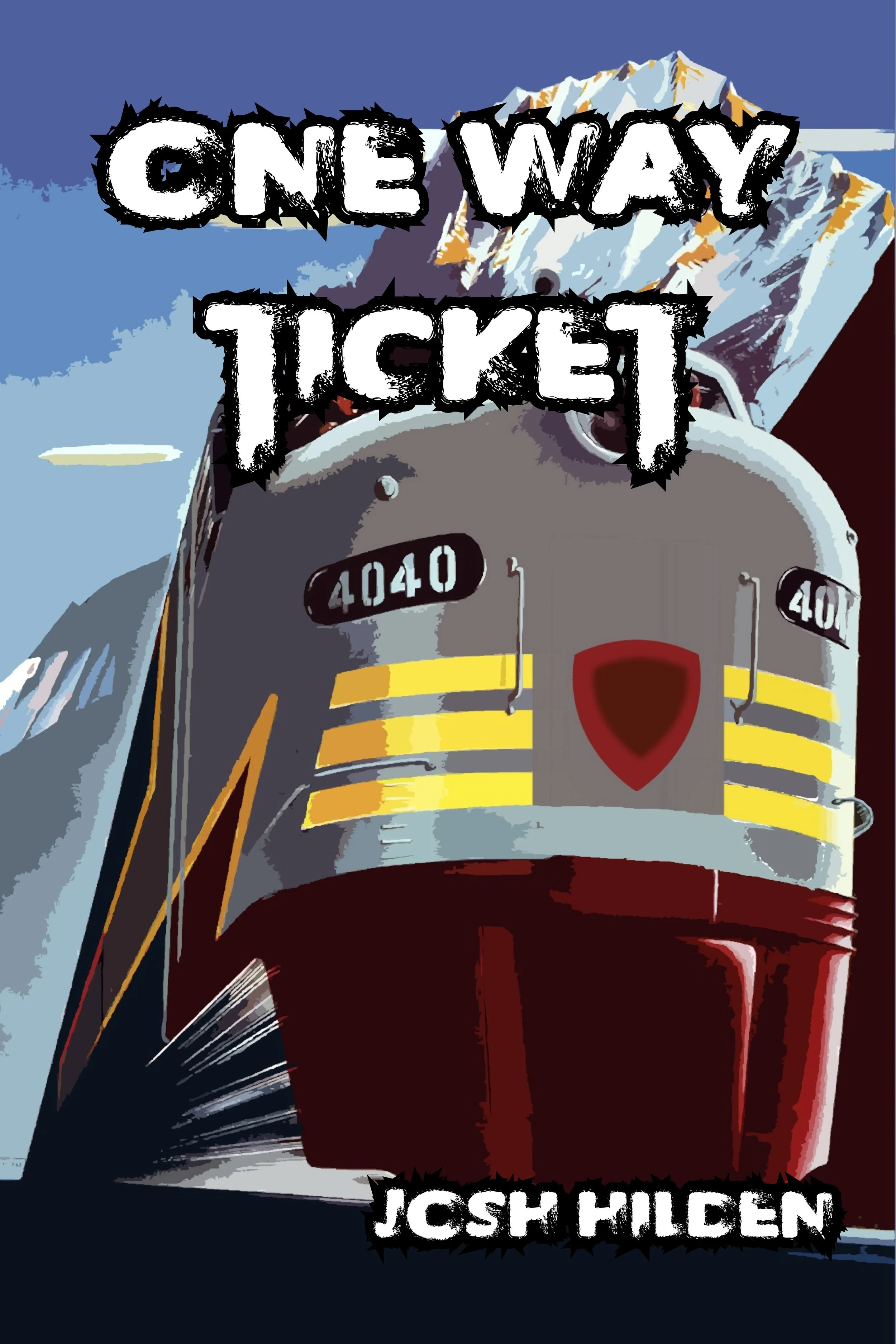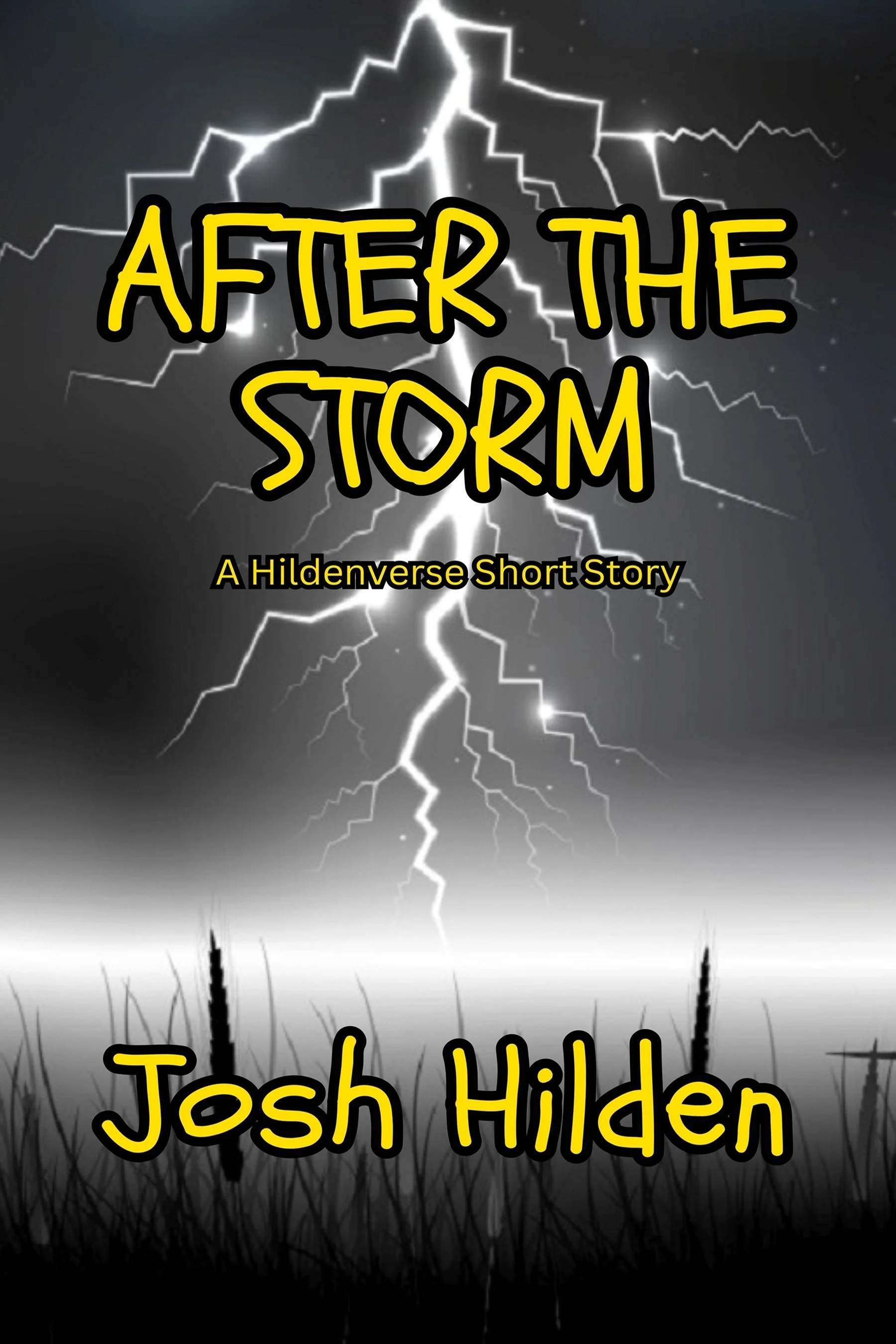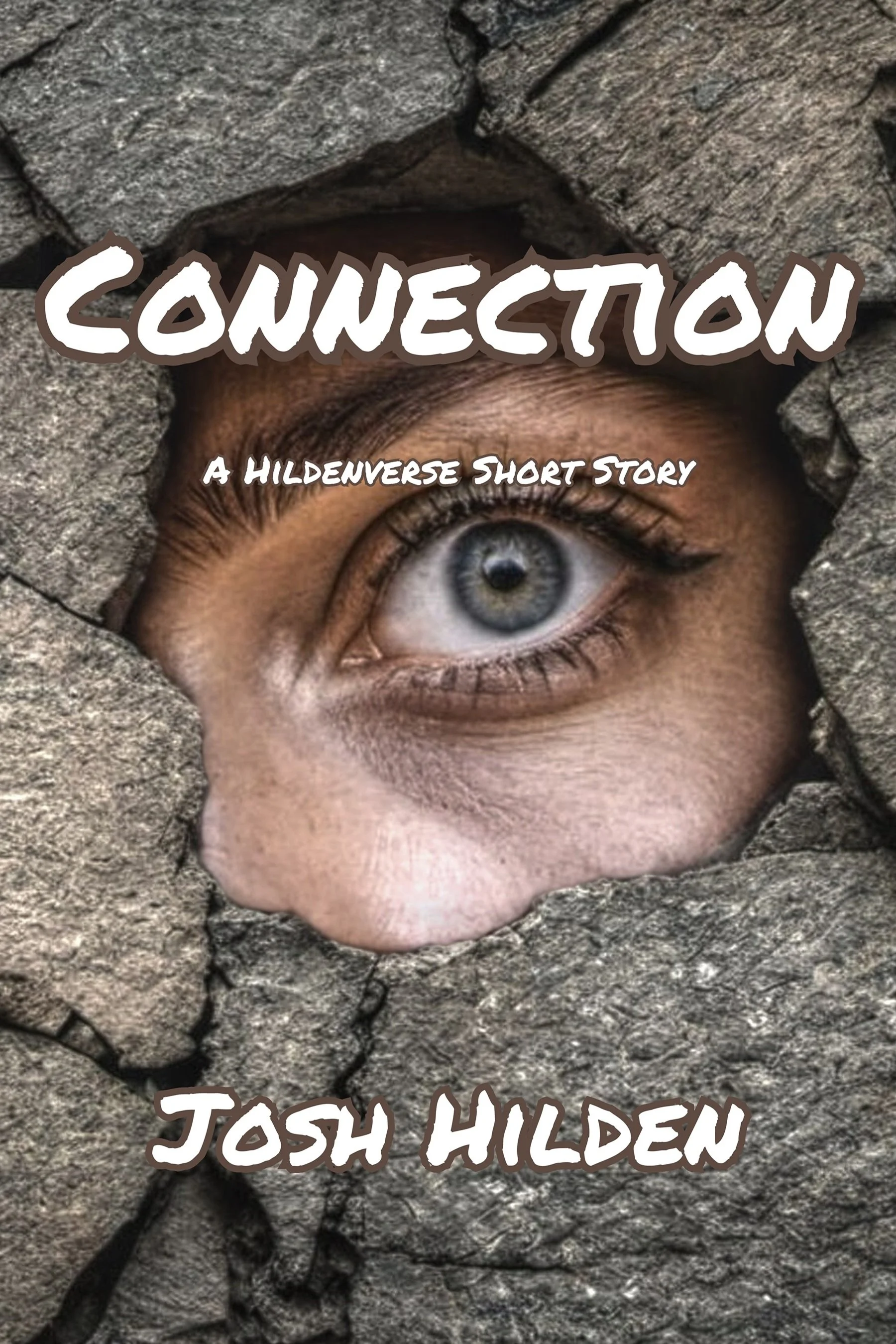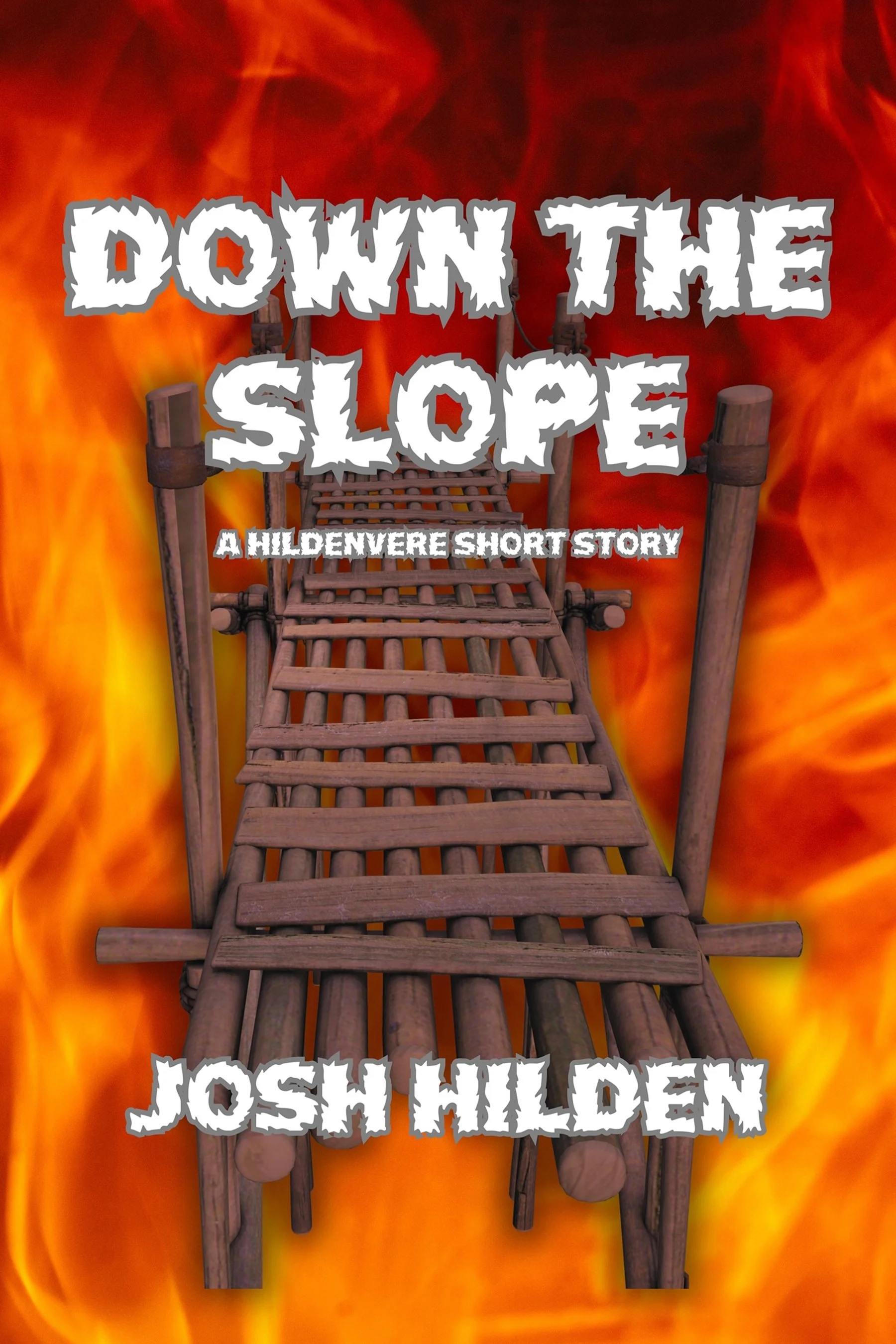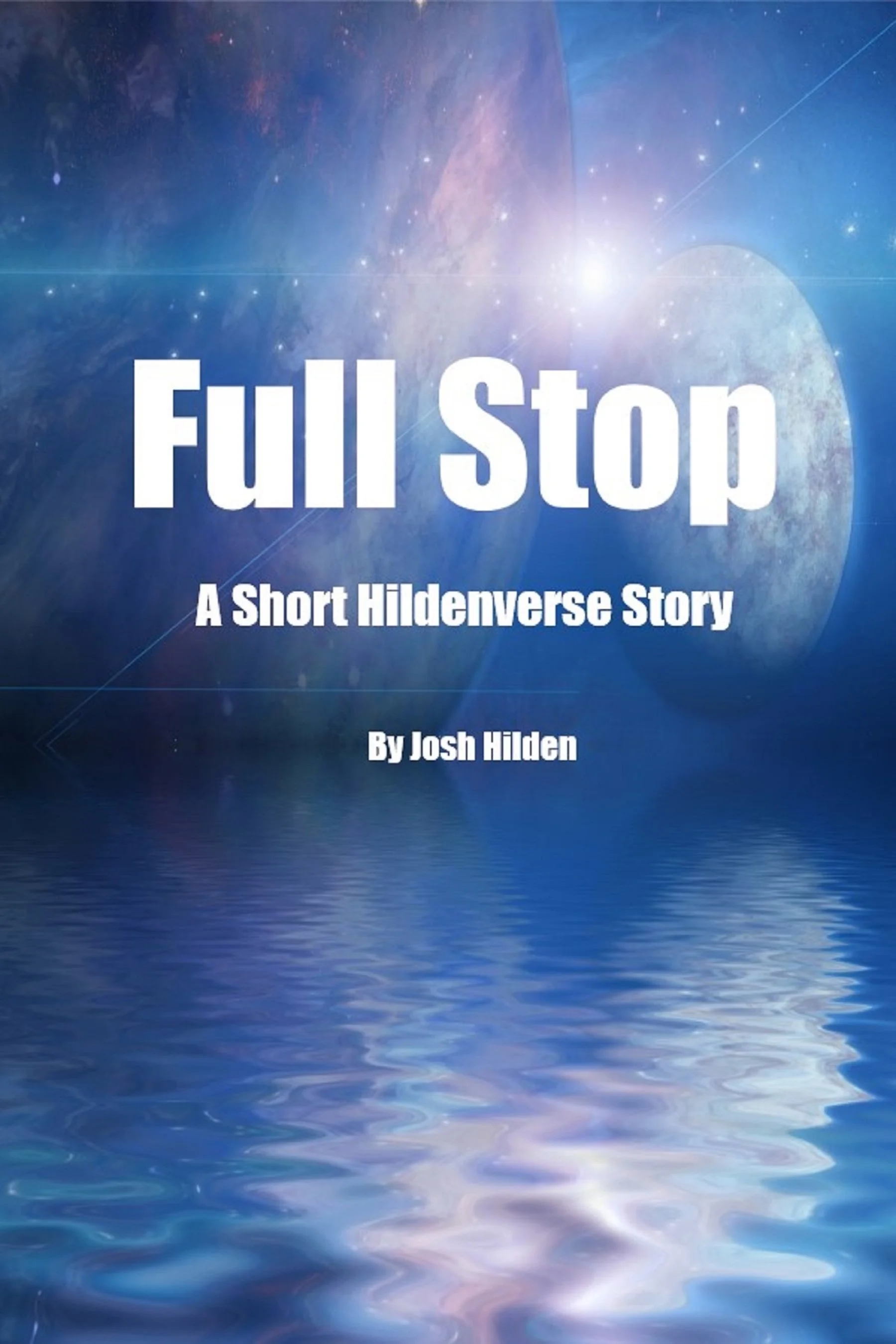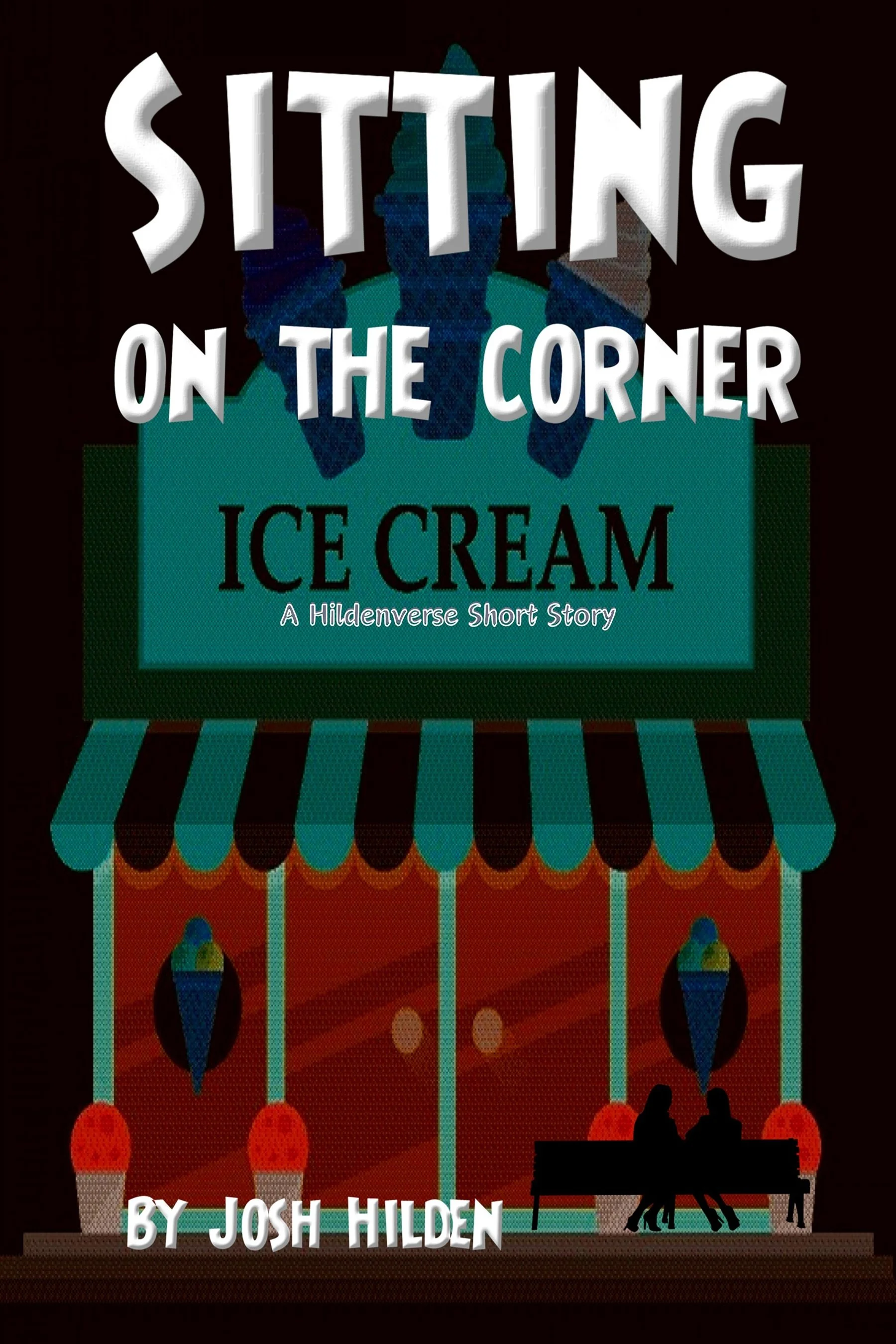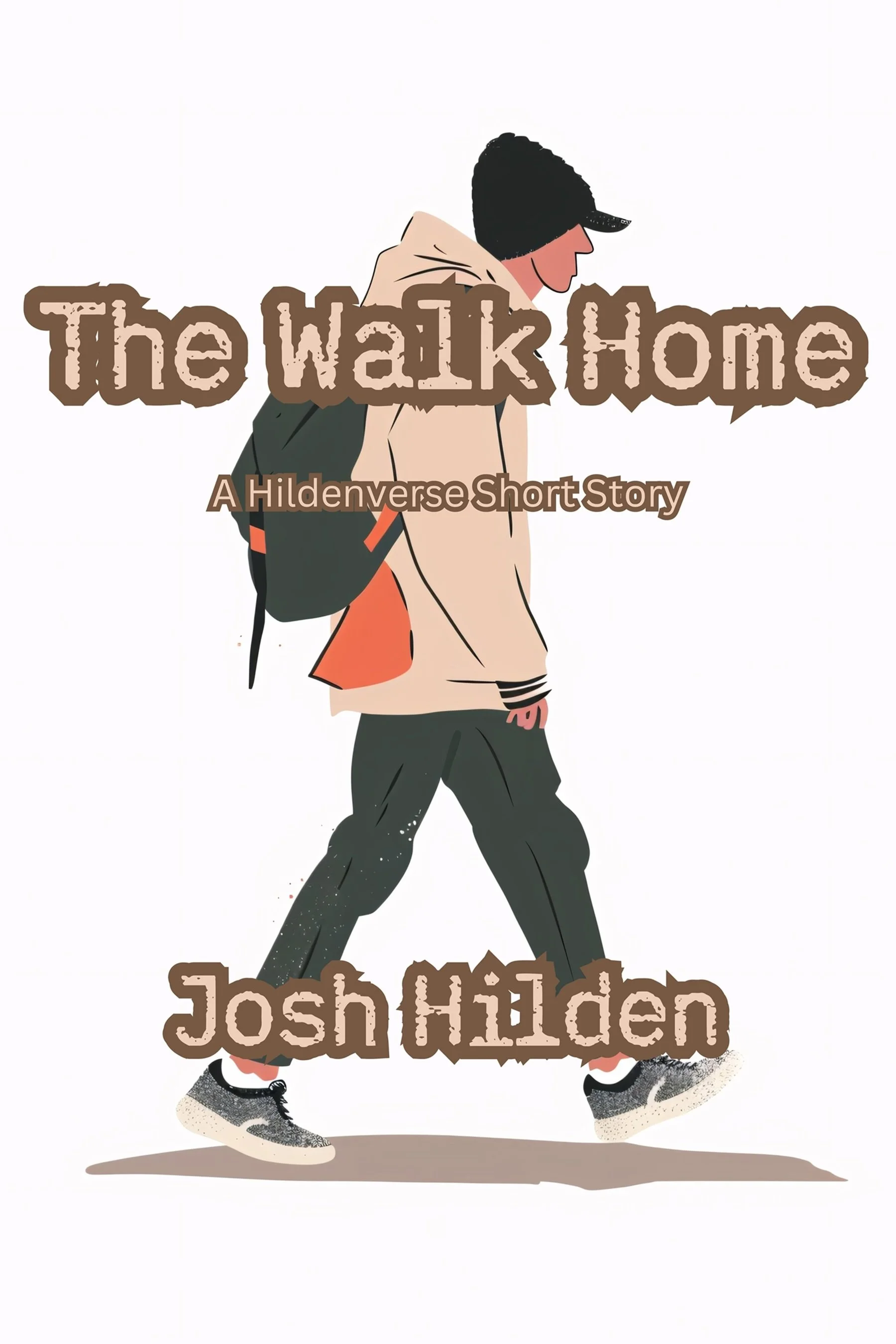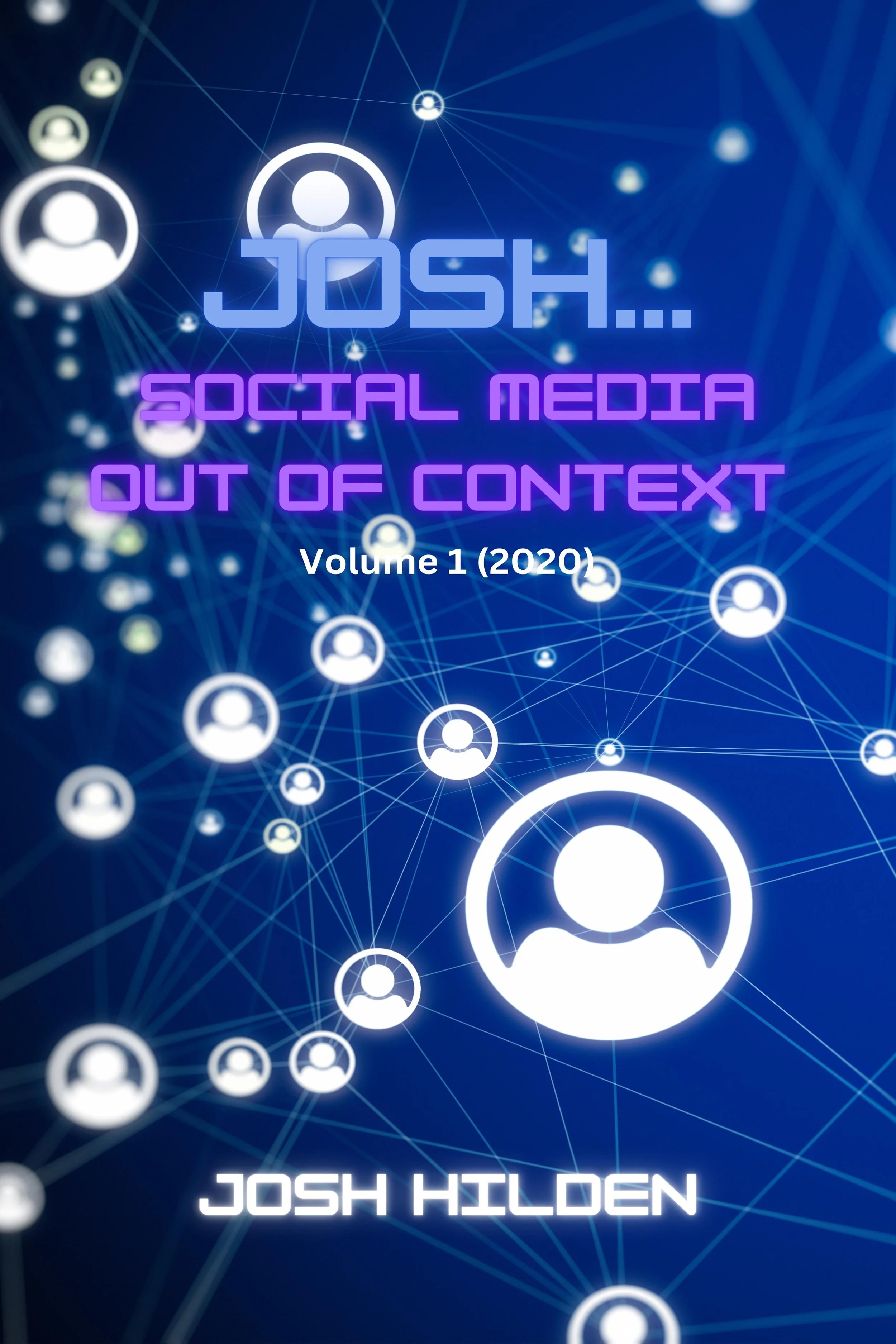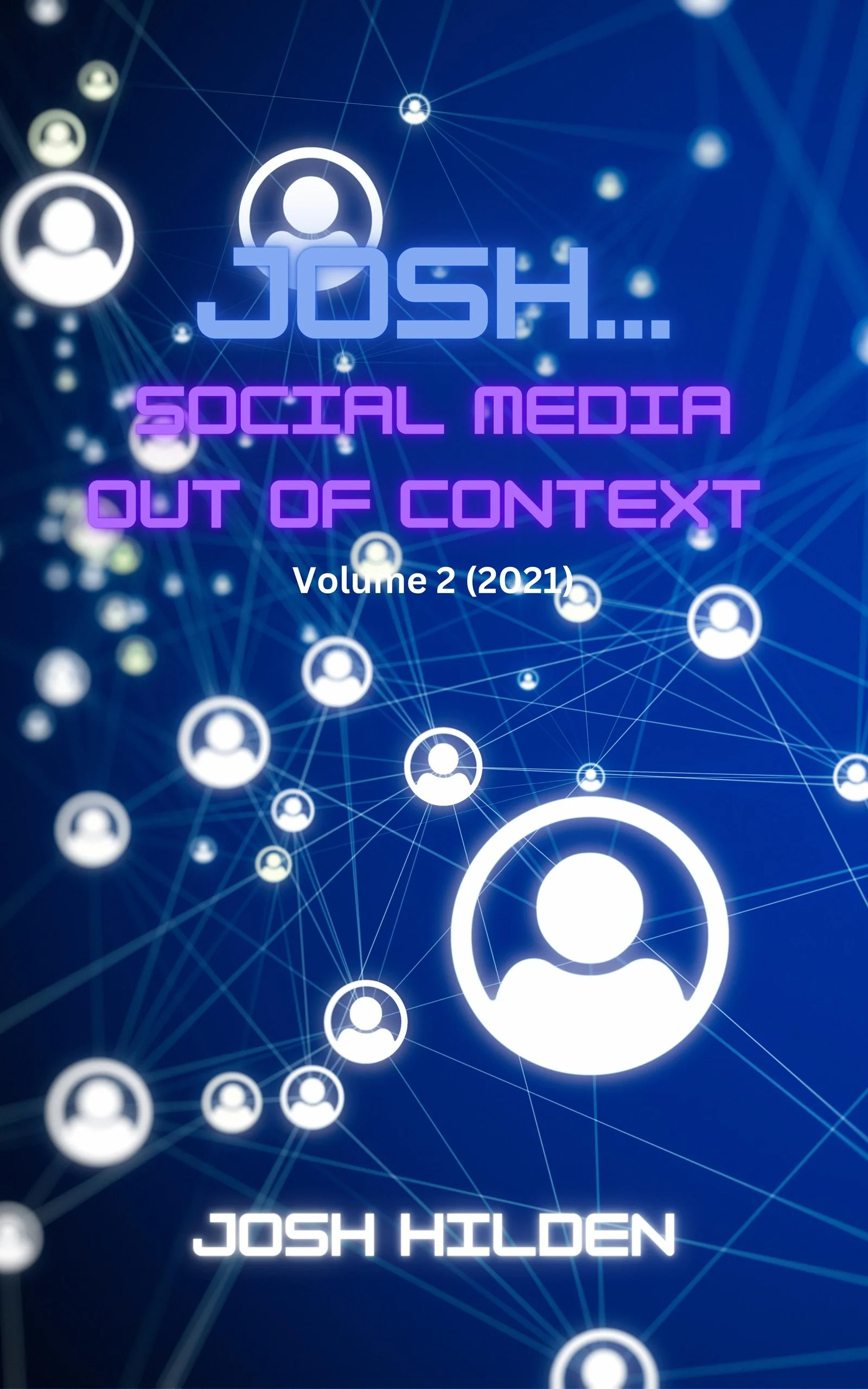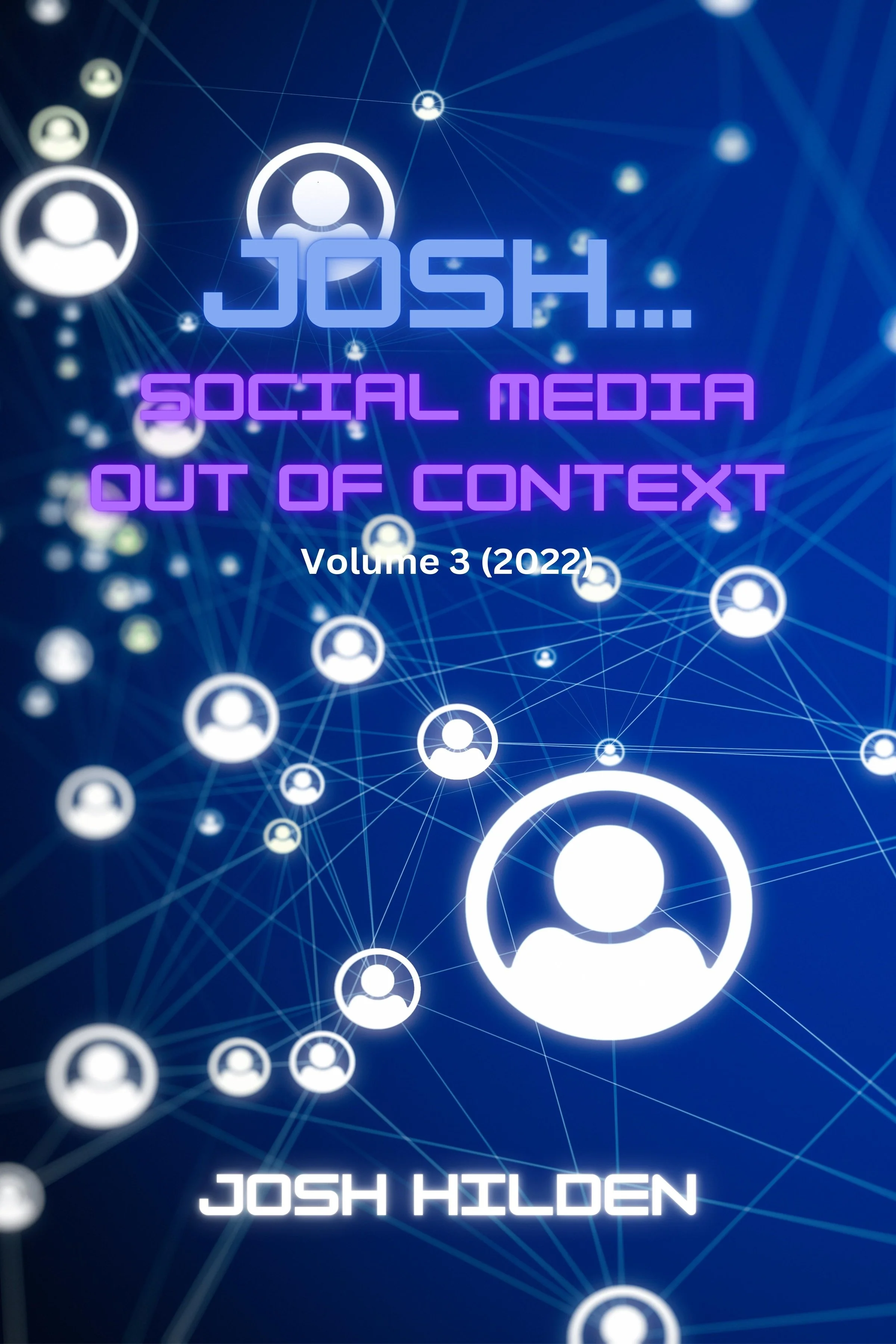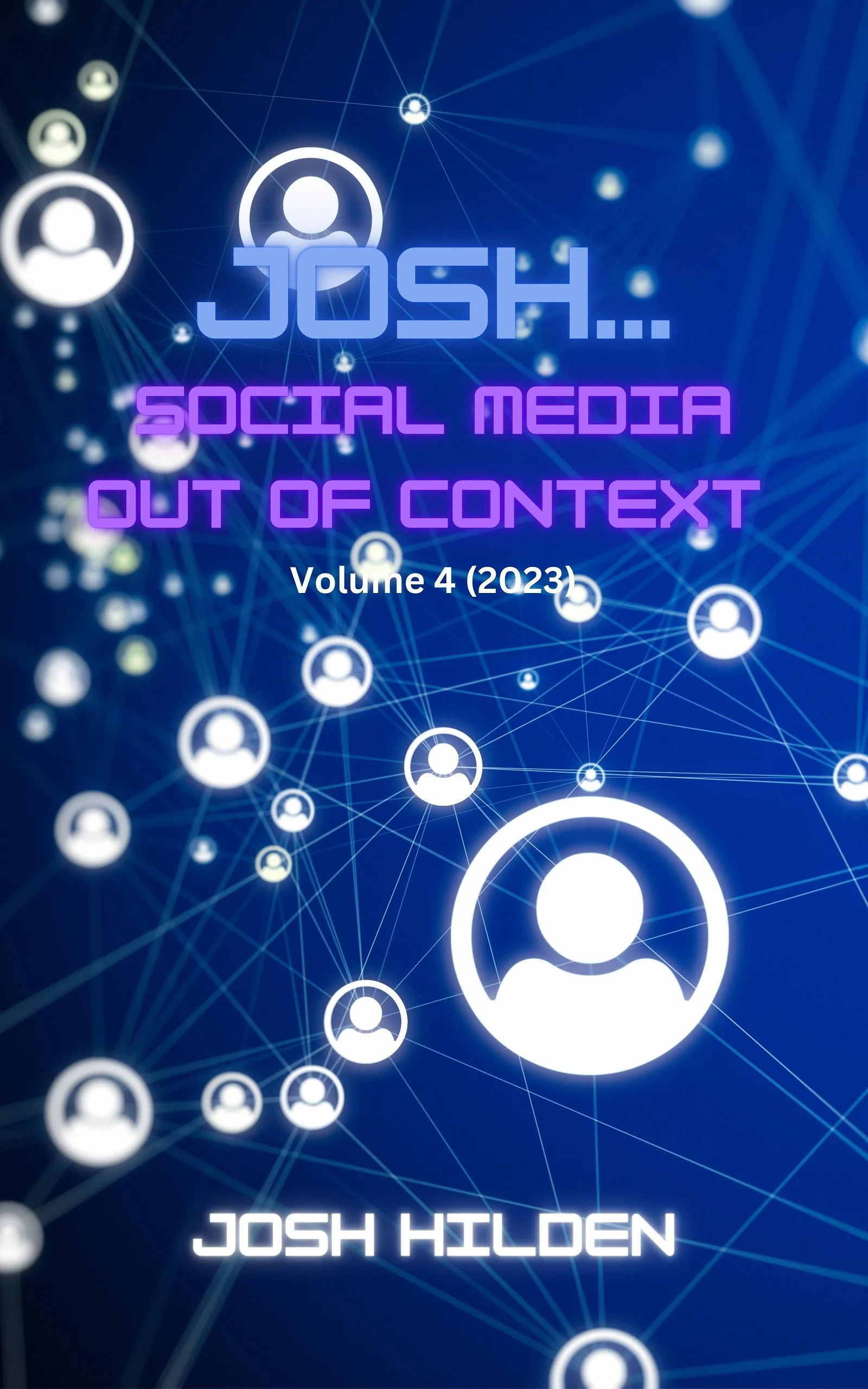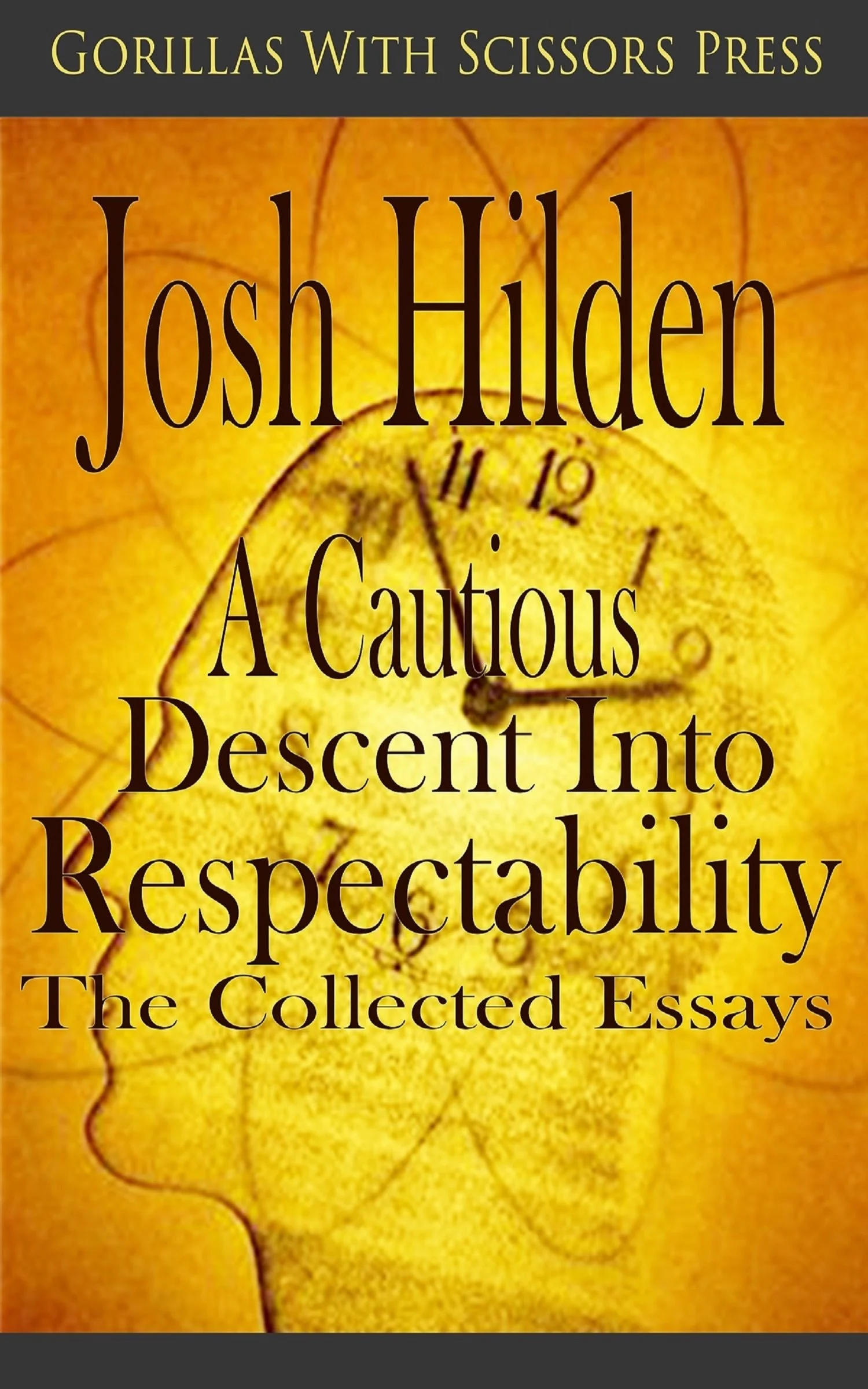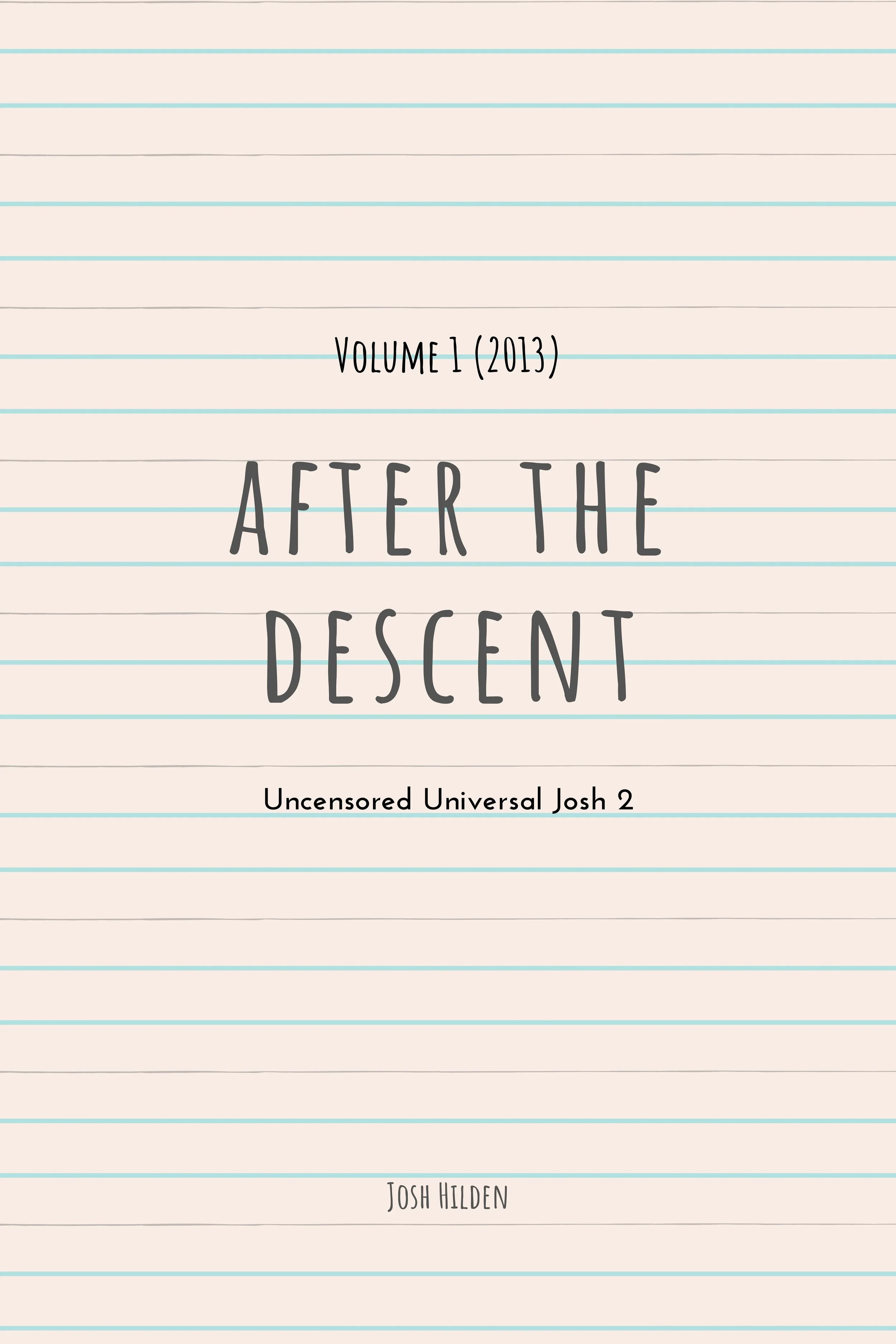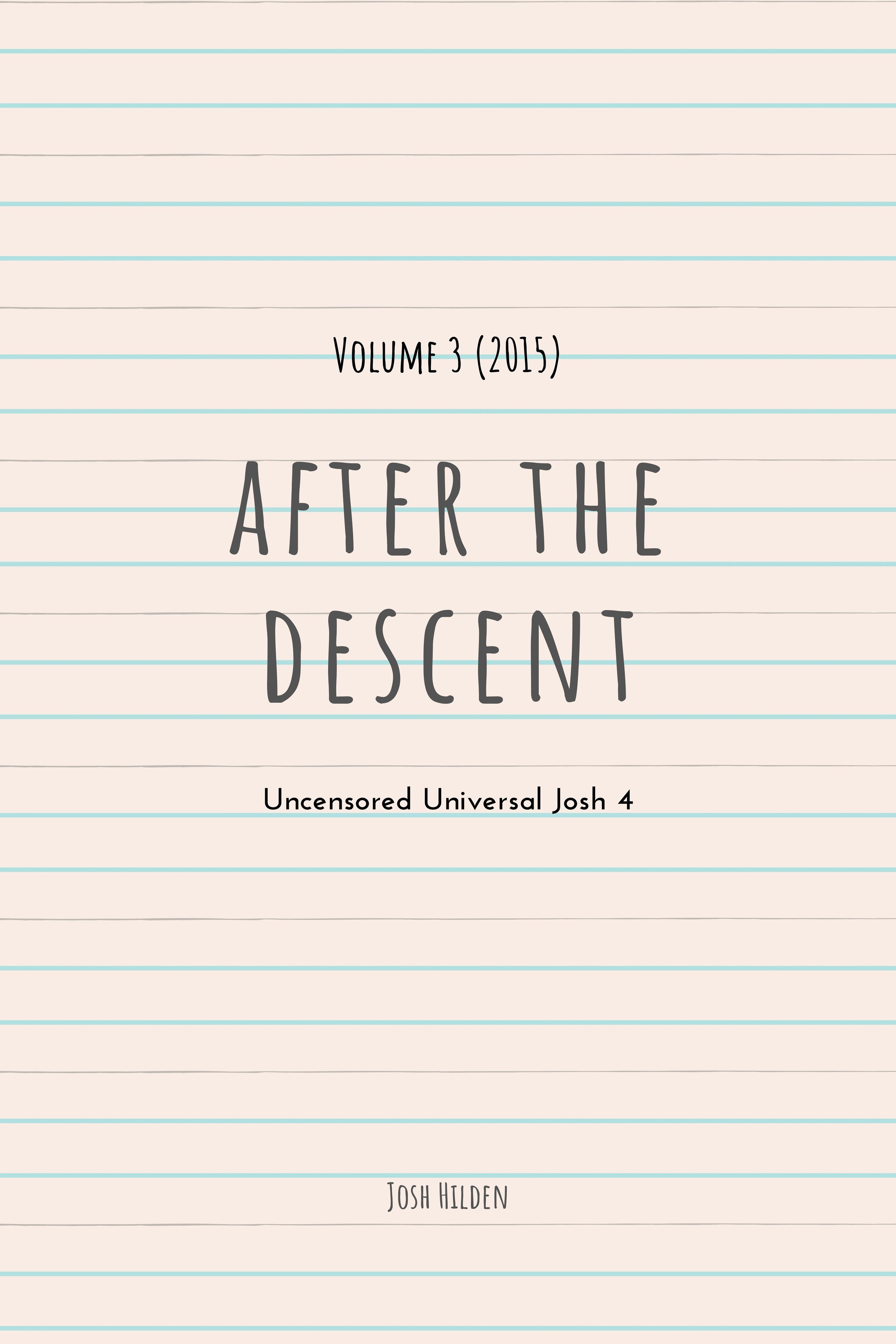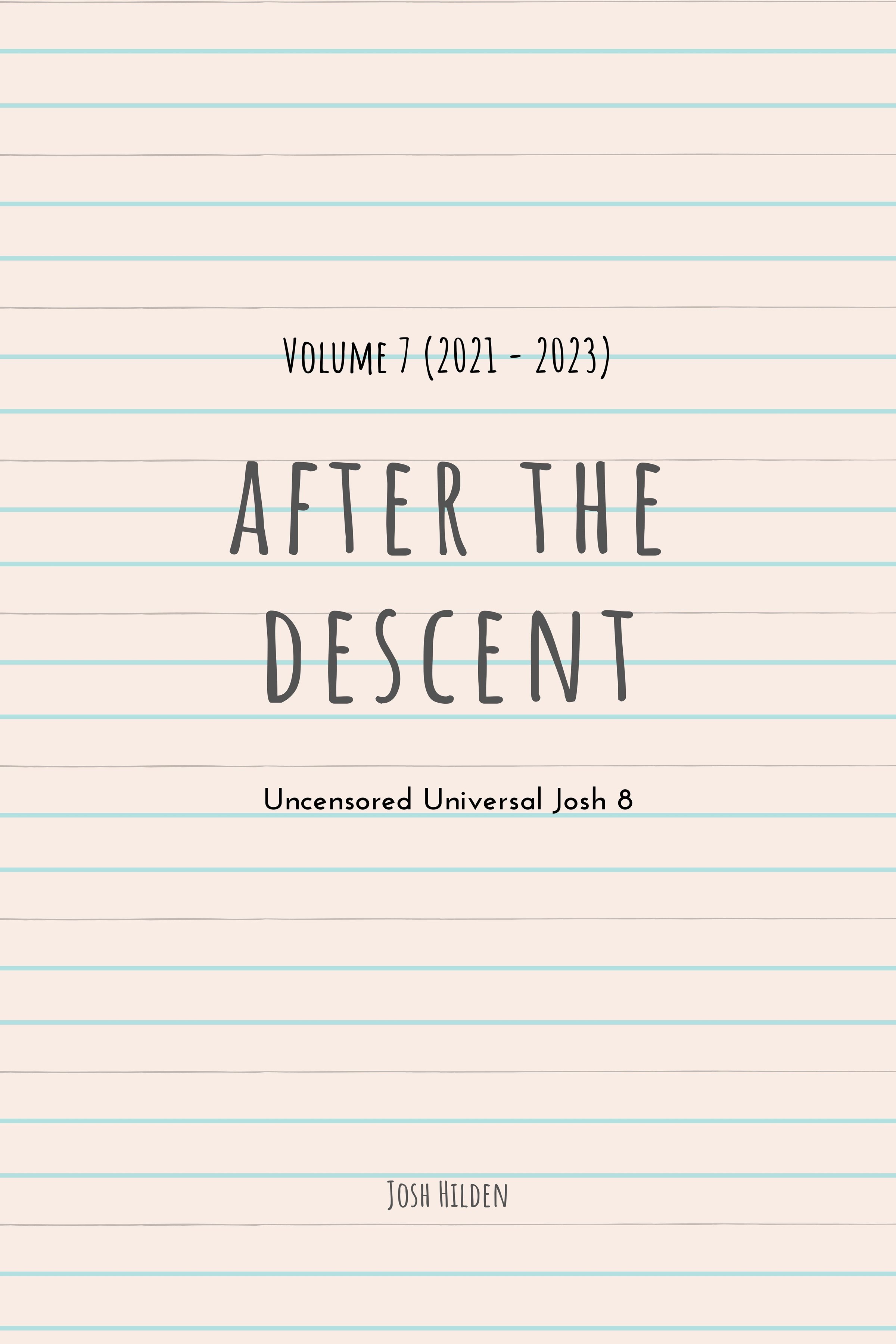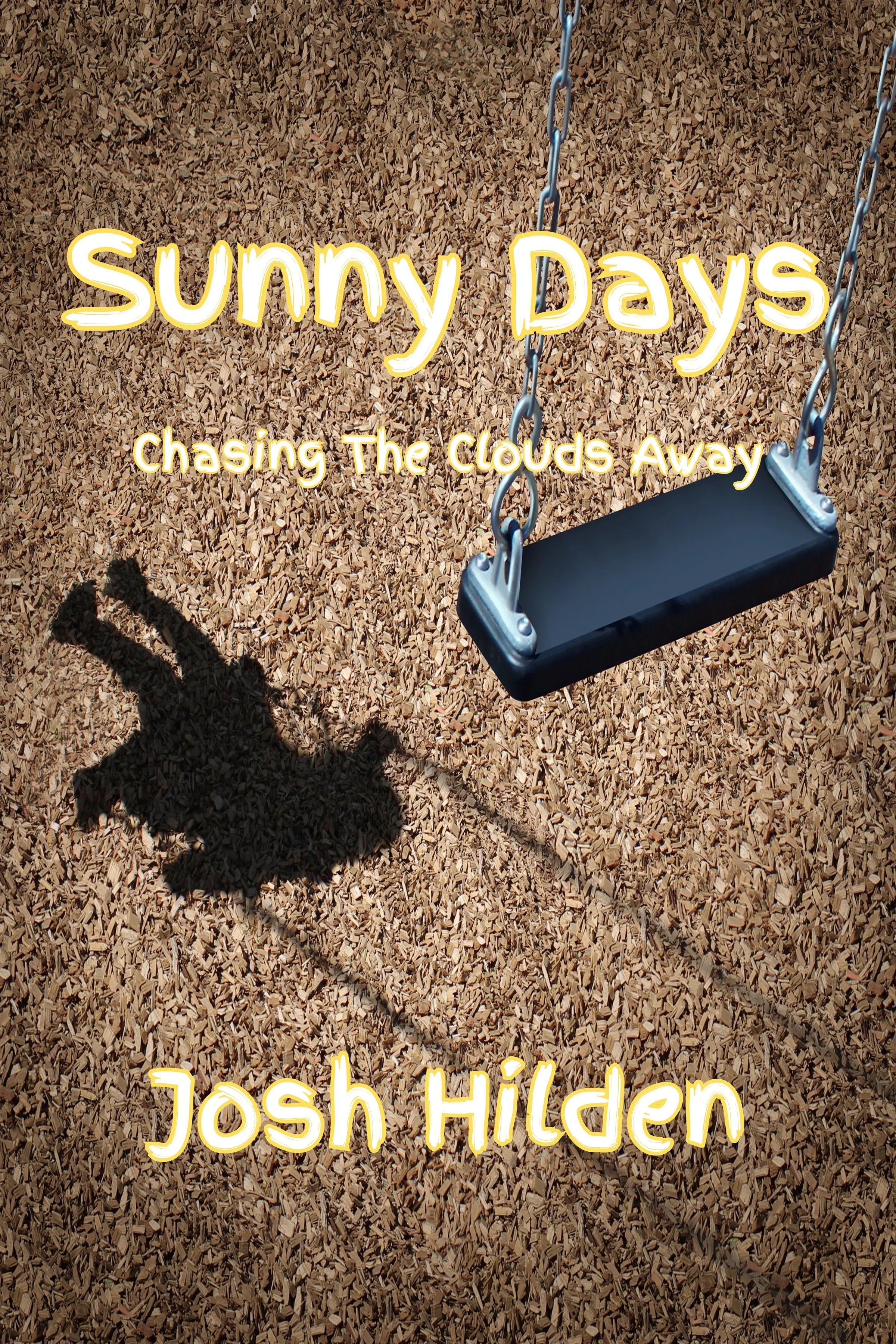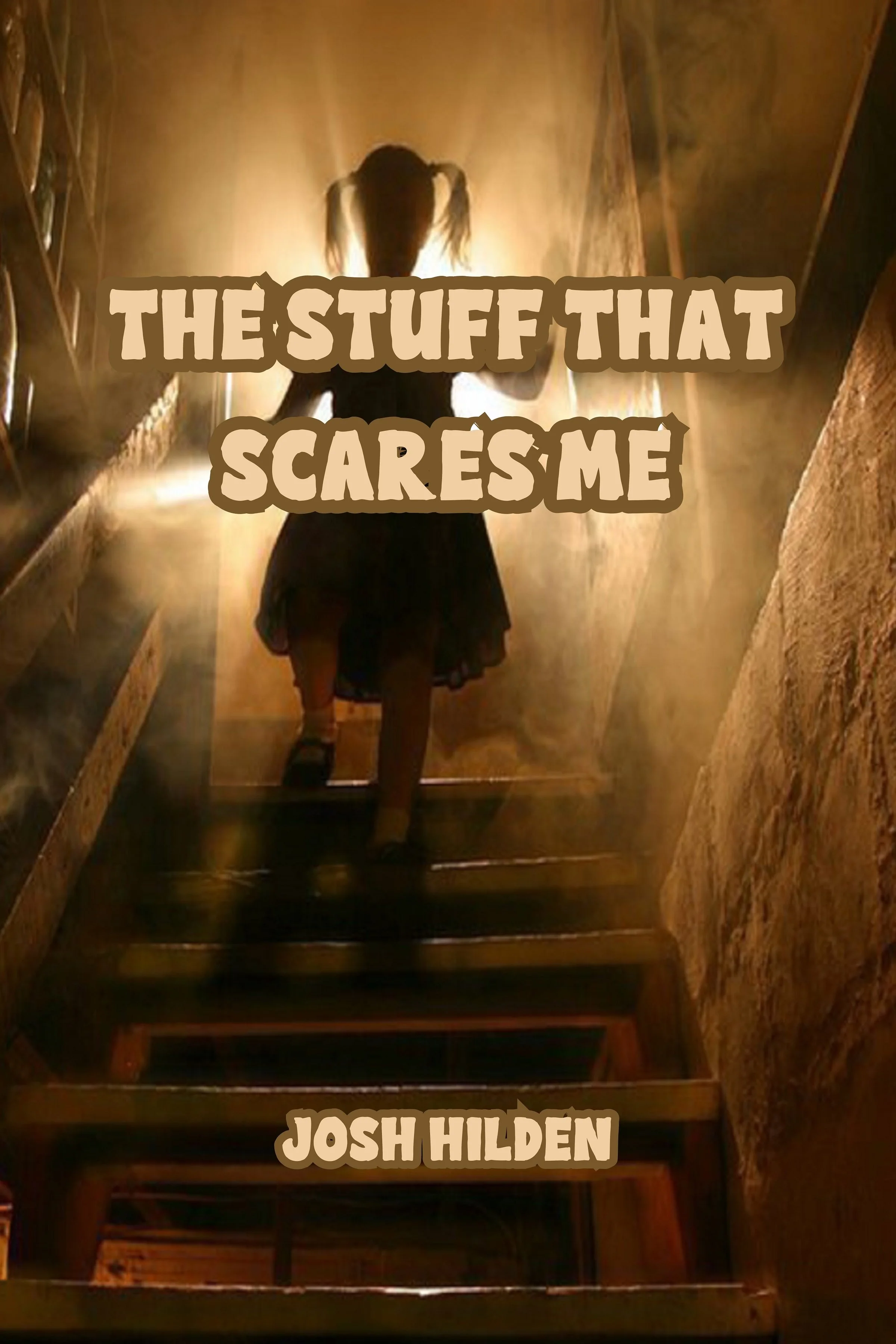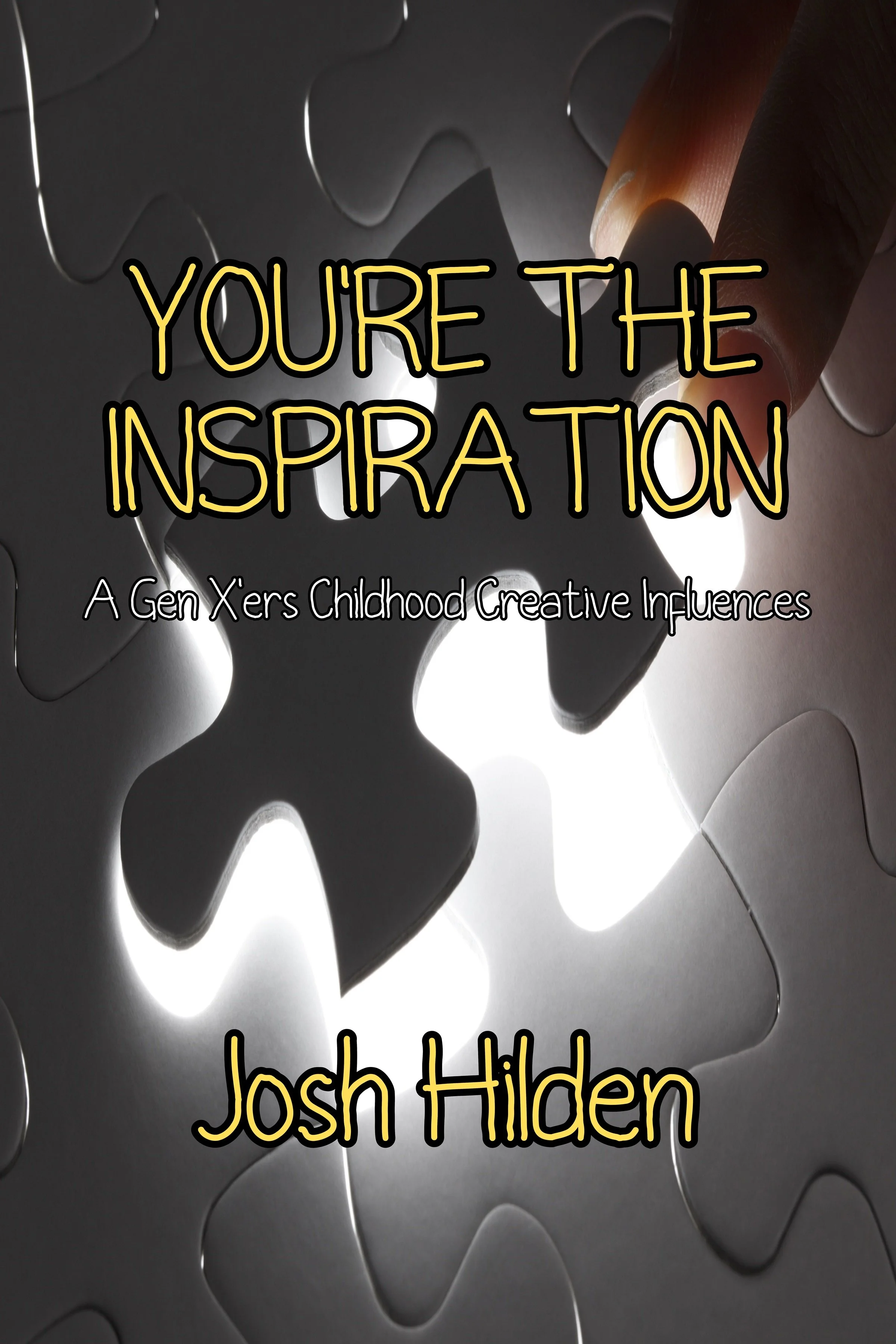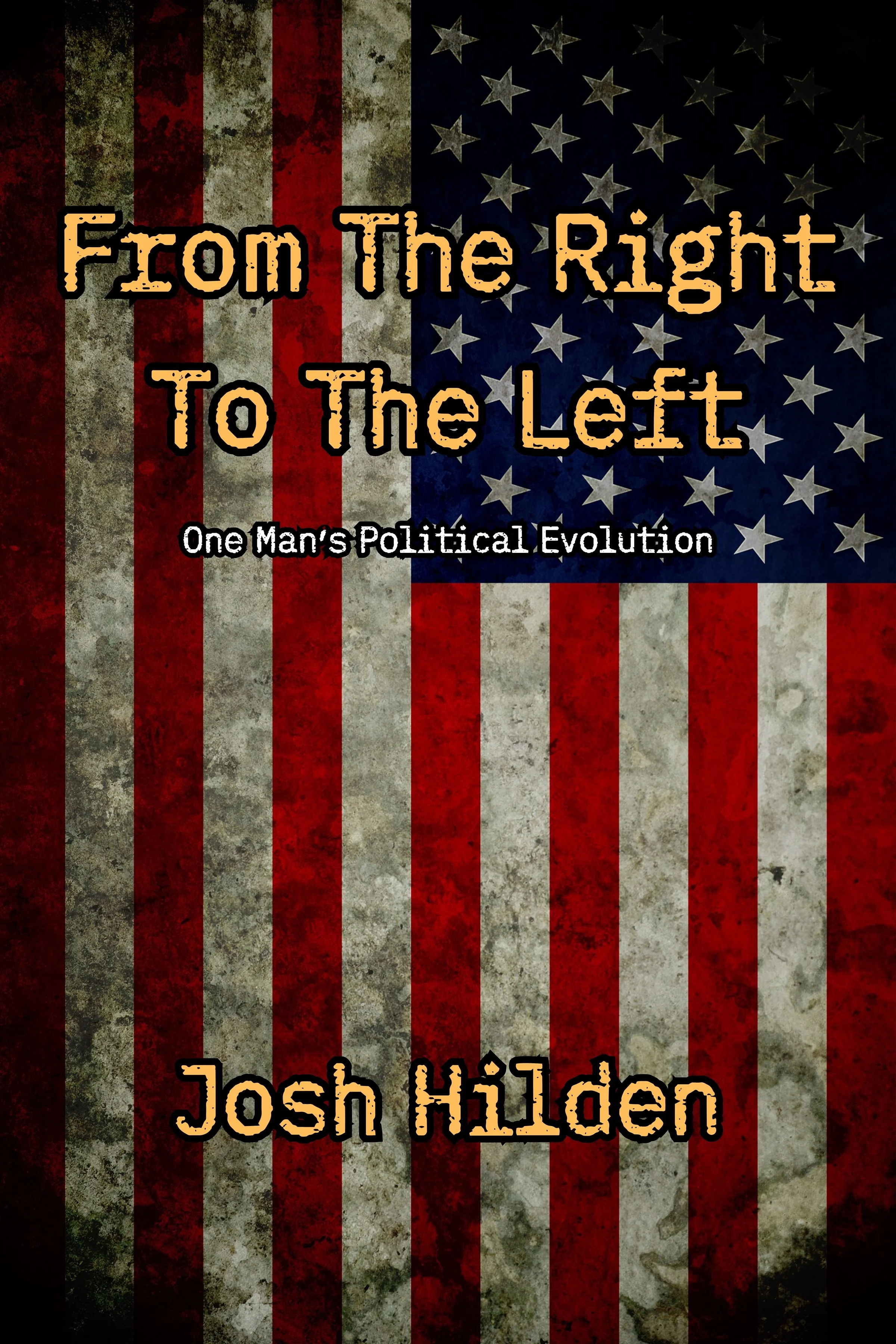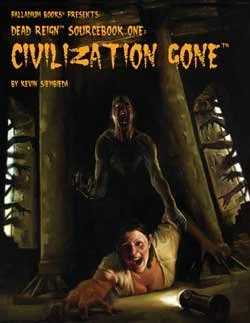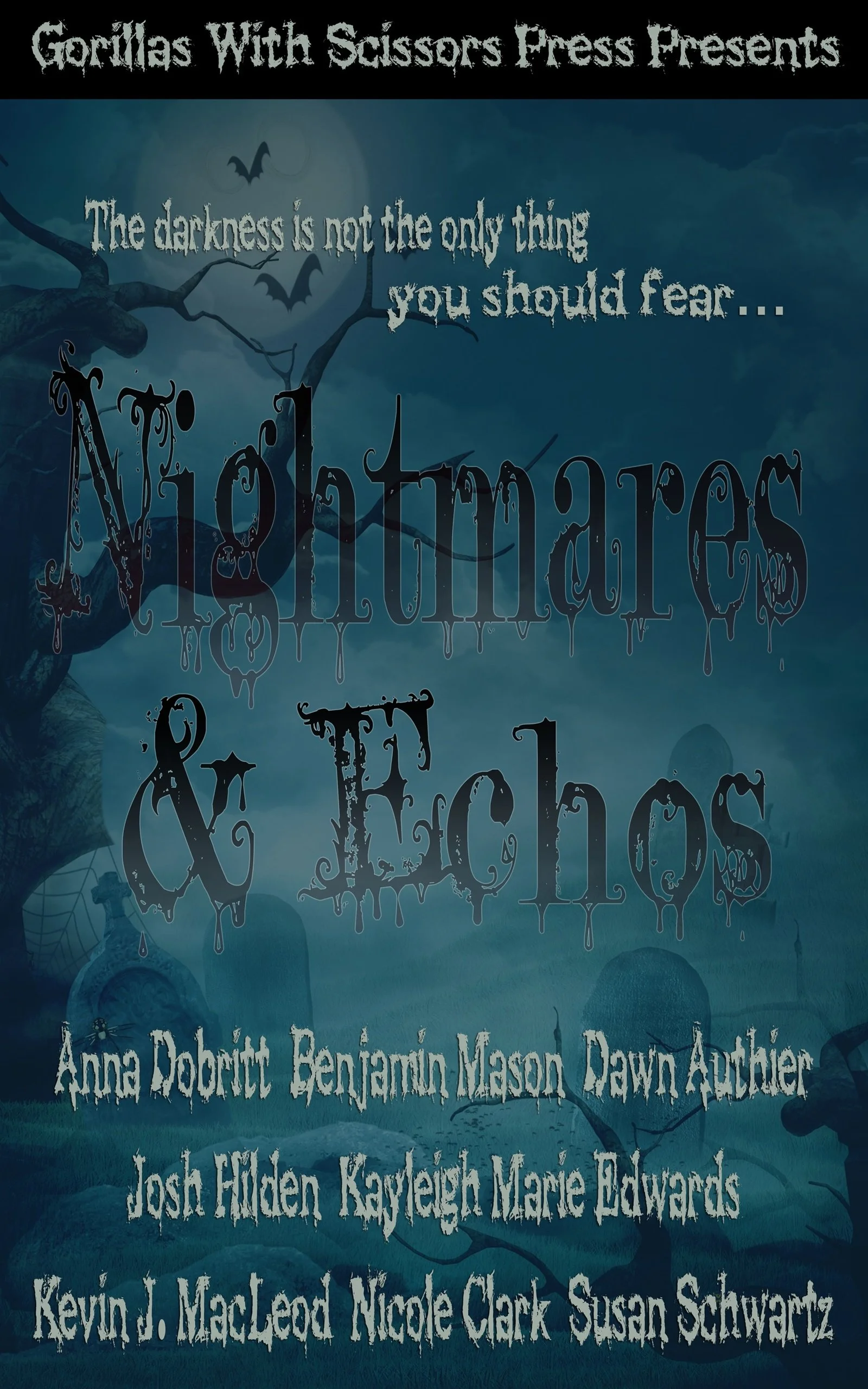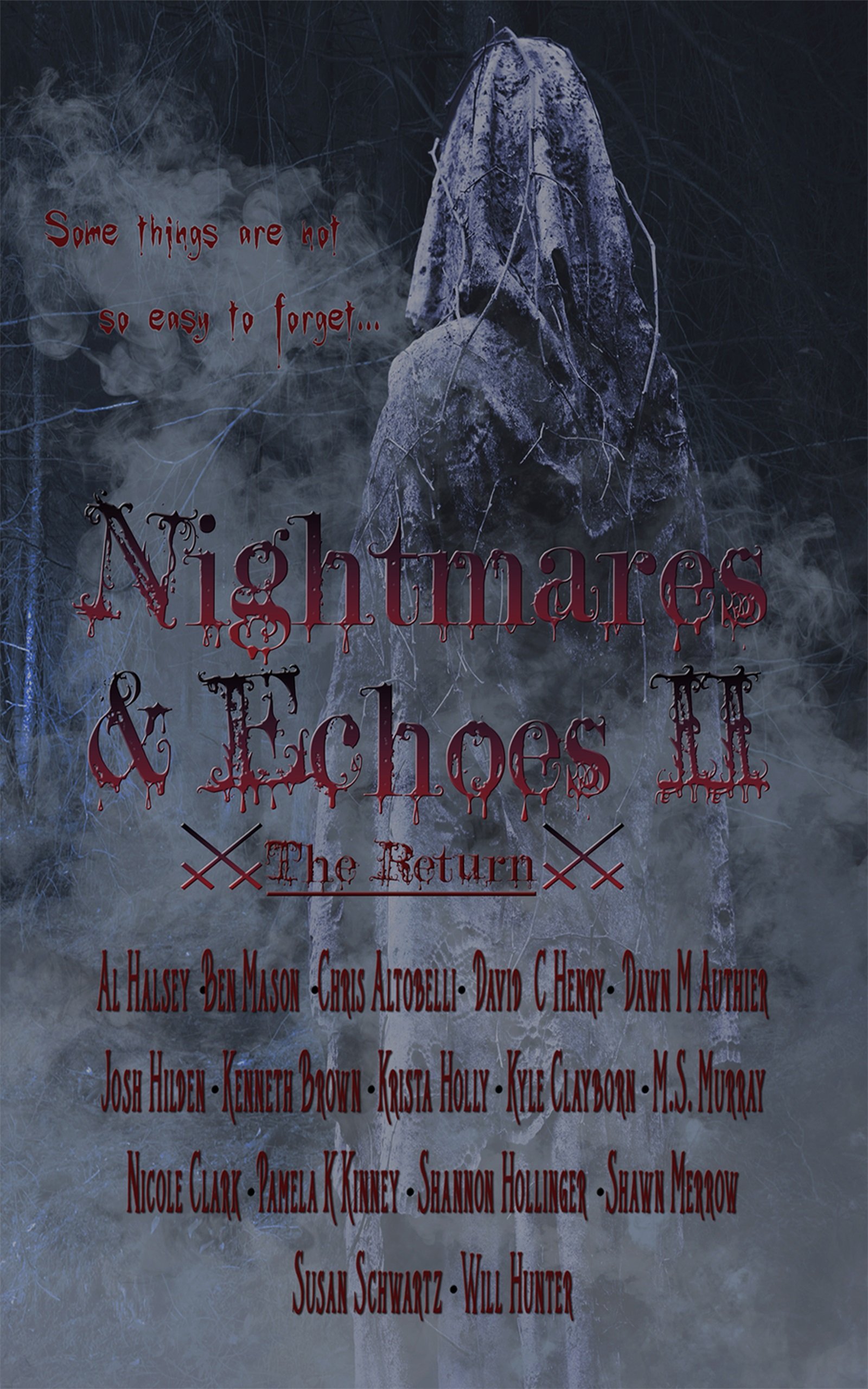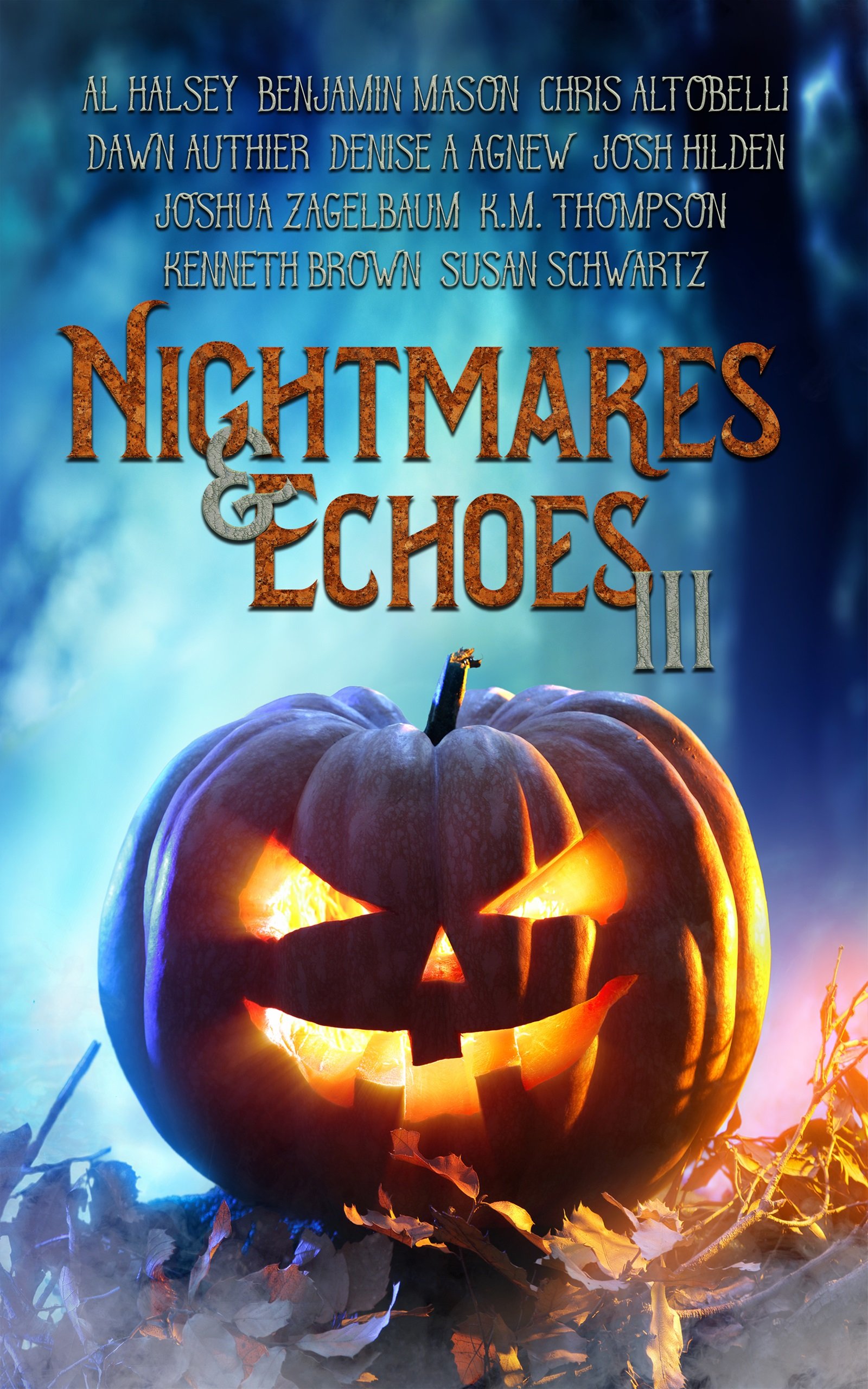Wil Wheaton And PTSD
/The recent essay by Wil Wh8eaton discussing his PTSD got me thinking. Have I ever talked about my own PTSD?
Not the underlying trauma. I've been pretty open about being hit until I was 13 and being raped when I was 7. I feel no need to get into the details of these traumas, but allow me to assure you that I've been working intensely on them in therapy for the last 2+ years.
My PTSD has had a long and twisted effect on my life.
My fear of the dark has its roots buried deep in my rape. The first time it happened was late at night, and the darkness pushing against the windows is one of my clearest memories.
Following that night, I developed a deep and irrational fear of the dark that plagues me to this very day. And we’re not talking about a child's natural fear of the dark and unknown. No, I did, and I continue to experience intense panic attacks. If I have to go out in the dark. I cry and am flooded with that ice-cold terror that too many of us are all too familiar with. Thankfully, they don’t happen as much as they used to.
But they still happen.
Also following that night were questions and shame of my sexuality. I already knew I was different but didn’t yet have the vocabulary to order it. That man who assaulted me kept referring to me as a “little faggot” during the experience. Didn’t help. It wouldn’t be until I was 33 that I started to not hate that aspect of myself.
It's still a work in progress.
PTSD is no joke, people. Ask any soldier, Sailor, Marine, or Airman who’ve served in the war zones. It doesn’t matter which. There are so many to choose from. It’s the invisible trauma, and it claims more lives than people realize.
I know.
I’ve been there.
The only advice I can give to people who don’t suffer from PTSD is just believe them. I guarantee the person who confides in you with their pain and trauma needs to be heard. If they tell you about it, they trust you and are only asking for your understanding and patience.
They’re always looking for a person they can let their defenses down around. They want friends and loved ones who can look past their quirks and see who they are inside. They want to not be judged as someone who suffers from emotional, sexual, physical, or psychological issues or any combination of these traumas.
You don’t know how much that can help.
You’ll never realize what a kind word and compassionate ear can accomplish.
- Josh (02/08/2023)
